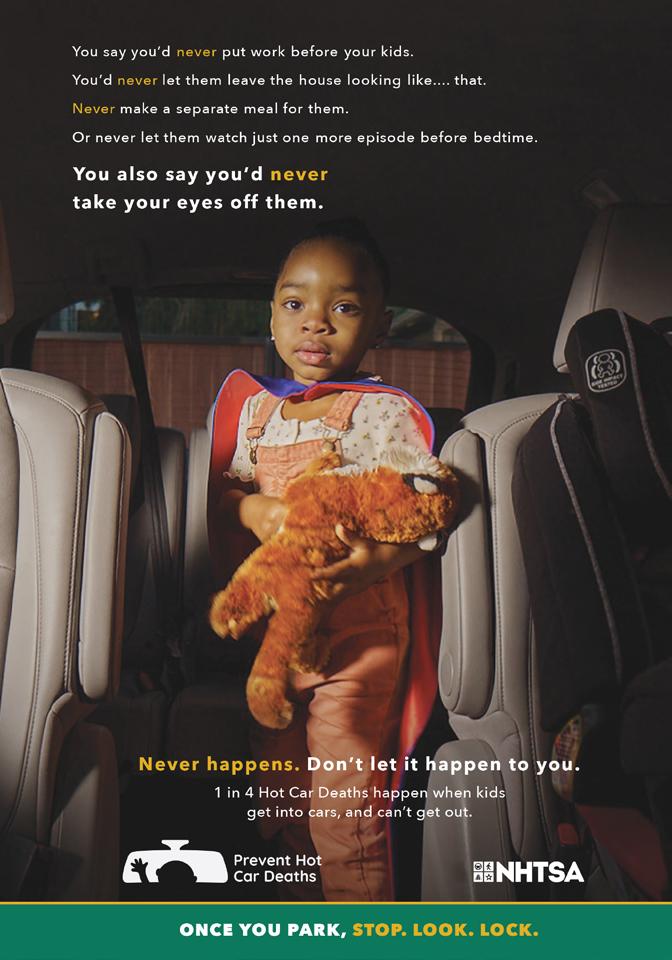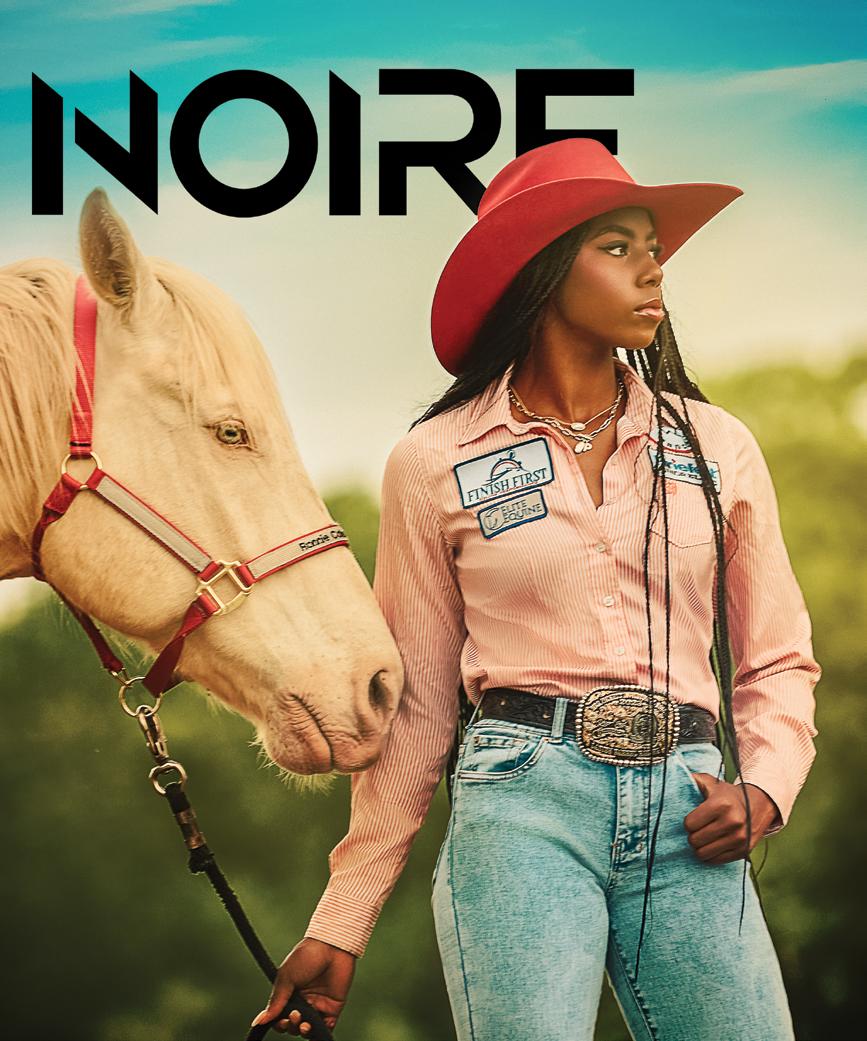

THE
Wilburds
A FAMILY BUILT TO RIDE
PHOTOGRAPHY: SARAH ODEN
Wardrobe Stylist: Cowgirl’s own
Hair: Cowgirl’s own
Makeup: Eye Candy by Amari/Amari Briggs
Shot on Location: Wilburd Ranch/Cabot, AR

Cowgirl: Paris Wilburd

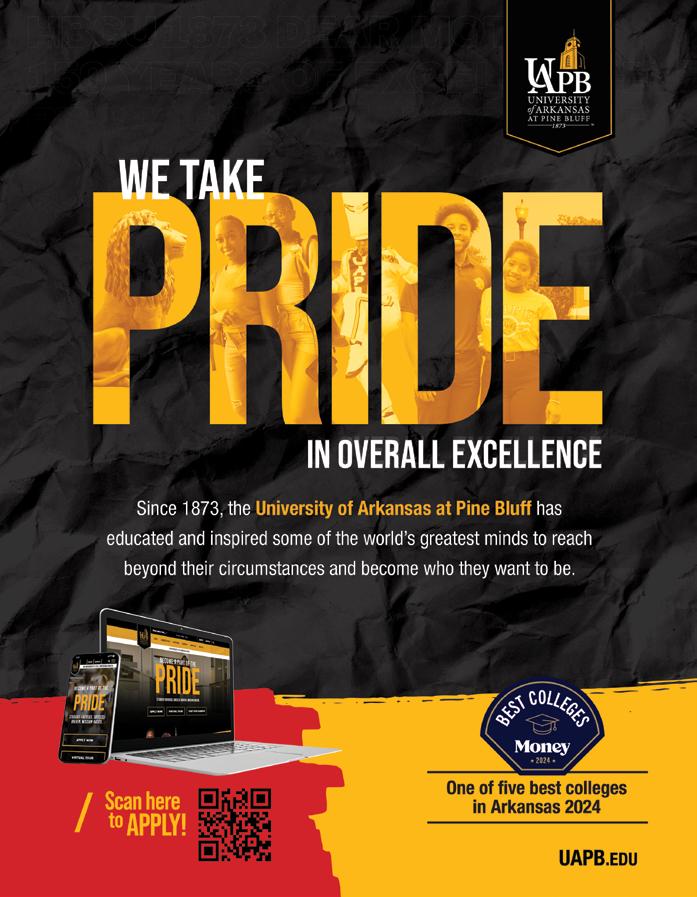

content in written and pictorial form in both print and online mediums and is a work of art everyone will be proud to display.
Established in 2022 and published quarterly by communications and media executives Stephanie Bass Jackson and Myron Jackson through Jackson and Jackson Publishing, LLC, NOIRE® brings us stories of triumph, heartache, celebration, grief, hope, and aspiration, and always leaves us wanting more. Each issue, NOIRE® features content that’s hot and relevant for the culture, of course. And we always keep the content fresh, thought-provoking, and exciting at NOIRE. This is our news, our culture, our time.
Find us at NOIREArkansas.com and on Facebook, Instagram, and X (formerly Twitter) @ArkansasNOIRE


ission
To unapologetically share the beauty and rich heritage of amazingly diverse Black Arkansans and to better foster cooperative and collective advancement of the people.
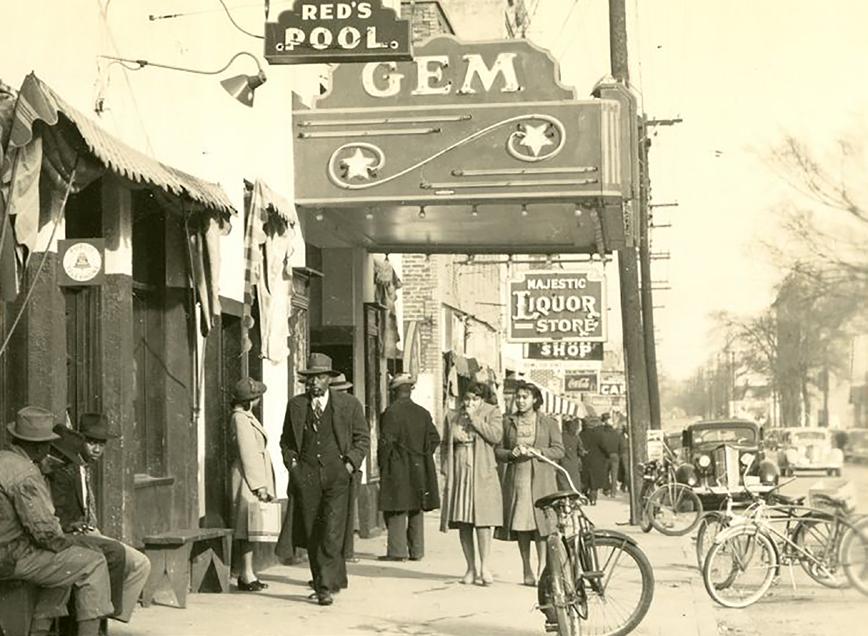
a deeper collective love and appreciation for the contributions of Black Arkansans to the culture of Arkansas.

FEATURES
HER SEASON OF BLOOM
More than just a famous last name, Cherelle Griner is carving out her own space, purpose, and peace on her own terms.
By Sericia Nelson

FEATURES
BUILT TO RIDE
An Arkansas rodeo family is cultivating a legacy –building a ranch and raising girls who ride hard and dream bigger.
By Jurnee Taylor | Photography by Sarah Oden
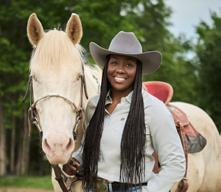
FEATURES
CERTIFIED OFFICIAL
What started as a birthday treat became a business and a slice of Black entrepreneurial magic.
By
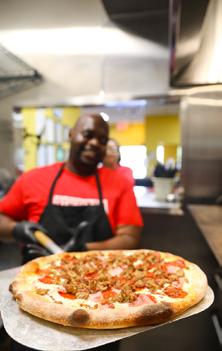
FEATURES
FINDING FAMILY
A surprise DNA match turns strangers into sisters and begins a new chapter of belonging.
By Tanisha Joe-Conway
Sericia Nelson | Photography by London Porchia

DEPARTMENTS
kNOw Your People.
Knowing and understanding our community’s struggle strengthens our identity and empowers collective action.
DEPARTMENTS
kNOw Better.
Exploring the nuances of African American culture by highlighting the diverse narratives, concerns, aspirations, and accomplishments that make us uniquely US.


Sericia Nelson reflects on the blessing and wonder of family.
Getting

William Harry Bass, Sr.

Founders / Publishers
Stephanie Bass Jackson
Myron Jackson
Executive Editor
Sericia Nelson
Creative Director
Myron Jackson
Graphic Design
Kavish Hardowar
Issue Contributors
Tanisha Joe-Conway
Katrina Dupins
Mia O’Guinn Jones
Nyah Peyton
Jurnee Taylor
Adena White
L. Lamor Williams
Issue Photographers
K & C Media
Alexander King, Sarah Oden, London Porchia, Ladell Tyler.Jr, Antonio Mosby
Vol. 003, Number 003
NOIRE Magazine is published quarterly by Jackson & Jackson Publishing, LLC
Copyright 2025 NOIRE
All Rights Reserved. Printed in the USA
400 W. Capitol Ave., Suite 1802 Little Rock, AR 72201
Cover and contents may not be reproduced or reprinted in any form or medium without prior written permission. While effort has been made to verify the accuracy of information presented in this issue, neither NOIRE nor its staff is responsible for omissions or information that has been misrepresented to the magazine.
Phone : 501.492.4900 | Fax: 501.492.4905
Mail: 400 West Capitol Suite 1802, Little Rock, AR 72201
Publisher: sjackson@arkansasnoire.com
Sales: mjackson@arkansasnoire.com
Editor: snelson@arkansasnoire.com


CONTRI BUTORS
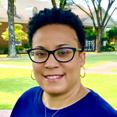


A storyteller at heart, Tanisha Joe-Conway has spent nearly three decades shaping narratives that matter. As a longtime producer with Arkansas PBS, her culturally significant work has earned her national and regional accolades throughout her career. Originally from the small town of Stephens in Ouachita County, she grew up watching PBS and went on to earn a degree in broadcast journalism from the University of Arkansas. A detour from graduate school led her to a behind-the-scenes role at AETN in 1996, and she’s been crafting compelling public affairs programming ever since. For this issue of NOIRE, the Conway-based wife, mother, and proud grandmother lent her voice to the feature “Finding Family” and profiled the 40th anniversary of the Faulkner County-based nonprofit, Youth Advocate & Resource Network (YARN).
Sarah Oden
Known for her cinematic flair and clean, editorial finish, Little Rockbased photographer Sarah Oden has built a reputation for visual storytelling that elevates both brands and individuals. She is coowner of AVA Model Management, helping shape the look and feel of advertising across the state. Her passion project, Kvinna Studio, blends heirloom portraiture and custom art with an eclectic, antiquemeets-modern aesthetic. When not behind the lens or styling studio sets, Sarah co-chairs the LR Met Gala—an annual celebration of fine art, fashion, and philanthropy. After famously photographing the cover of NOIRE’s inaugural issue, she returns for 003 to help spotlight the Wilburd family in our featured cover story.

When it comes to capturing stories through the lens, London Porchia doesn’t just take pictures; she preserves moments. The founder of Londonz Eye Photography LLC, this Memphis-based lifestyle photographer specializes in everything from intimate family portraits to high-energy live events. Her keen eye and calming presence have made her a go-to for clients across the Mid-South. For this issue, London brought her signature warmth and creativity to two very different assignments: photographing the dynamic team behind Certified Pies in Little Rock and trekking to Mayflower, Arkansas, to document the heart and history of YARN on the occasion of its 40th anniversary. Whether shooting pizza or purpose-driven nonprofits, she’s got the right sauce to capture the essence of a story.

Believing in the power of storytelling to heal, connect, and create change, Adena J. White—herself a mother to a young son—writes with heart and insight about the rise of Black doulas in Arkansas and the vital role they play in protecting and empowering birthing people. As the founder of Blackbelt Media and producer of the Blackbelt Voices podcast, Adena regularly uplifts Southern stories that celebrate Black culture and call communities to justice. The Center Ridge native, an accredited public relations professional, holds a bachelor’s degree in speech communication and journalism from Arkansas Tech University and a master’s in applied communication studies from the University of Arkansas at Little Rock.
Tanisha Joe-Conway
London Porchia
Adena White
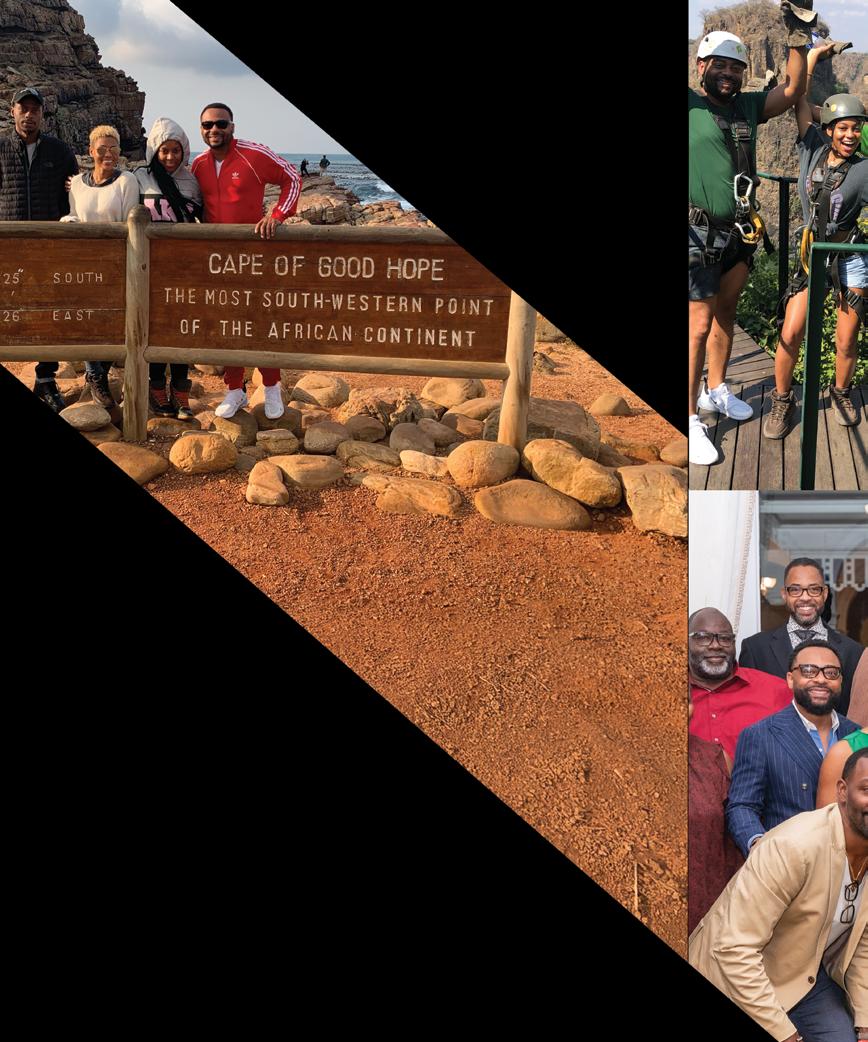


NOTE PUBLISHERS’
As the days stretch longer and the sun begs us to be bold, this season reminds us: it’s time to get outside, try something new, and reconnect with what matters most. That spirit — of presence, of intention, of choosing joy — became our compass as this issue came together.
And as we followed it, something beautiful emerged: a quiet, unshakable thread woven through the stories and images — family.
Not just the family you’re born into, but the family you build: your chosen people, your creative collaborators, your front porch neighbors, your ride-or-dies. We saw over and over how connection, legacy, and love shape our stories.
We’re honored to bring you conversations that reflect this beautifully.
Executive Editor Sericia Nelson sat down with Cherelle Griner, wife of WNBA athlete Brittney Griner, for a powerful and intimate

conversation about finding her voice, navigating motherhood, and carving her own lane in advocacy and the law. Her story is one of resilience, grace, and purpose.
Jurnee Taylor profiled the remarkable Wilburd family, including rising rodeo star Paris Wilburd, whose grit and talent are taking her from Arkansas arenas to winning competitions from coast to coast. It’s a story of curiosity, pride, and blazing trails.
And one of my favorite stories, by Lamor Williams, brings hope front and center through one family’s determination to be the positive change needed for their community.
This issue is packed with energy, inspiration, and real stories rooted in community and culture.
So, let this issue of NOIRE® be a spark. Get outside. Do something you’ve never done before. And make a memory you’ll still be talking about next summer.


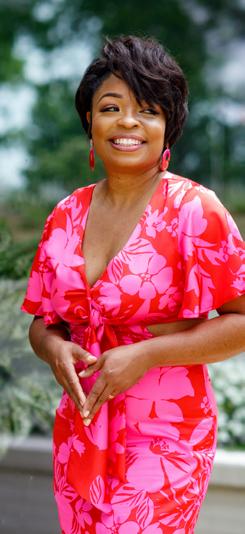
I Editor’s
t was just the two of us. A weekend in Chicago to celebrate her milestone birthday and her step into a new decade. Just mother and daughter, woman to woman. We laughed over decadent meals, wandered down Michigan Avenue, reveled in retail therapy, and captured fun moments with photographs to preserve them.

In reflection, our time together helped me consider the fragility and sanctity of family and how it can transcend bloodlines in favor of chosen connections. What makes a difference is the intentional showing up, the shared memories, the deep trust that whispers: I see you. I’m with you. I’m for you.
In my life, I hold many titles: daughter, wife, mother, and now “Lola.” Each one sacred. Each one shapes how I love, lead, and live. My family has been both anchor and launch pad, steadying me through the hardest seasons and celebrating my highest joys. And like so many of us, my definition of family has expanded over time. It includes the friends who’ve become my sisters and brothers, the elders who mothered me in love, the neighbors who felt like cousins, and the community that surrounds me like a protective circle. For Black folks especially, family has never been confined to biology— it’s a living, breathing tapestry woven with care and belonging.
This issue of NOIRE holds space for all of that. You’ll read about Cherelle Griner, whose story has, in part, garnered national attention— but whose deeper journey is rooted in her Arkansas upbringing and the family who shaped her. You’ll meet a husband, wife, and longtime friend who joined forces to build a thriving pizza business; proof that family can be born of vision and trust. You’ll explore what it means to uncover new familial ties through DNA—and how those discoveries can reshape our sense of identity. And you’ll be inspired by a rodeo family raising

daughters with grit, grace, and an eye toward generational legacy.
No matter how the stories unfold, the theme is clear: family is both our foundation and our future.
So, whether you’re flipping through these pages in the presence of your people or simply reflecting on who’s held you through life’s ride, I hope this issue reminds you of what matters most. The relationships we nurture. The love we give. The spaces we call home.
Because, at its best, family—no matter how it’s defined—is where we humbly begin and in whose arms we always return.

Sericia Nelson Executive Editor




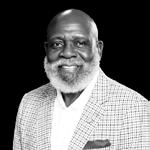

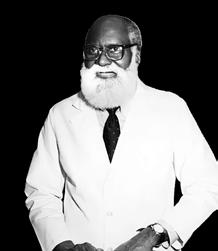


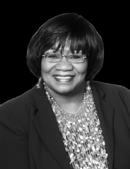
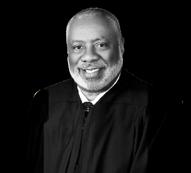
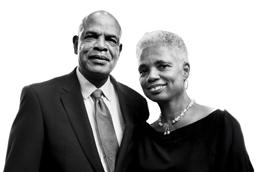







Getting to know YOUrself through substantive information, illuminating insights, and meaningful experiences.

WELLNESS: AQUATIC BASED TRAINING WITH MICHAEL WASHINGTON
HEALTH: REDEFINING BLACK MATERNAL CARE
FINANCES: GENERATIONAL WEALTH WITH ROBERTS FAMILY

By Nyah Peyton
Photography by Alex King
It’s a tired refrain rooted in fear, misinformation, and generations of exclusion. For decades, systemic barriers—from slavery to segregation—denied Black people access to swimming education, public pools, and the culture of water safety that many white communities took for granted. What started as structural oppression became generational caution.
Today, that caution shows up culturally: pool parties where few dip more than their toes, parents hesitant to enroll kids in lessons, or haircare concerns that keep many Black women out of chlorinated water.
But those narratives are shifting, thanks to advocates like Michael Washington, Aquatics Director for the City of Conway and founder of Body and Soul LR, a health and wellness company with a strong focus on aquatic training. A certified instructor with a background in fitness, he’s using his platform to chip away at stigma and reclaim swimming as a life skill, not a luxury.

OR AT LEAST THAT’S THE STEREOTYPE.
“I had asthma my whole childhood,” Washington says. “Once I got into aquatics, it changed everything. I don’t have asthma anymore. I can run, play sports, and breathe freely.”
But perhaps one of the most powerful effects of swimming is the mental clarity it provides. The water doesn’t just heal bodies—it quiets the mind.
Still, Washington understands that learning to swim can be intimidating, especially for beginners carrying generational fear. That’s why he focuses on small wins. He encourages new swimmers to start with “dips,” a simple bouncing motion that teaches breath control, and basic floating exercises to build comfort in the water.
“Swimming isn’t a luxury. It’s a life skill.”
“I let my students know that it’s a necessity,” he says. “The same way you learn to drive, cook, or read—you should know how to swim. If something pops off, what are you going to do?”
MICHAEL WASHINGTON
Washington’s own journey with aquatics began early. He learned to swim at five but didn’t fully dive in until college. “I got bit by the bug working at the [University of Central Arkansas] Hyper Center,” he says. Now, he’s on a mission to ensure Black and brown communities gain the confidence and access needed to thrive in and around water.
He also knows swimming is more than survival. It’s a gateway to better health.
Compared to other forms of exercise, swimming offers low-impact, full-body movement that benefits cardiovascular, respiratory, and muscular systems. It builds stamina, improves balance, and tones the body without putting strain on joints. For people with arthritis, asthma, injuries, or disabilities, the water becomes both refuge and resistance.
“You don’t have to be a pro after your first lesson,” he says. “But you have to want it. If you show up making excuses, you’re already blocking your own progress.”
Through community-centered instruction, cultural understanding, and high-quality programming, Washington is helping Black Arkansans reconnect with the water and reclaim what was once denied.
“I can show you better than I can tell you,” he says when asked how he responds to the stereotype that Black people don’t swim.
That one sentence—confident and grounded—carries generations of resistance and reclaims a narrative that never belonged to us in the first place.
Yes, Black people swim. And just like everything else we take on, we do it with strokes of excellence.
Follow Michael Washington on Instagram & Facebook at @bodyandsoul_lr to learn more about classes and training opportunities.






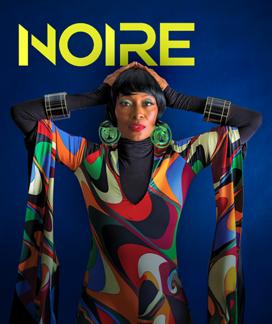




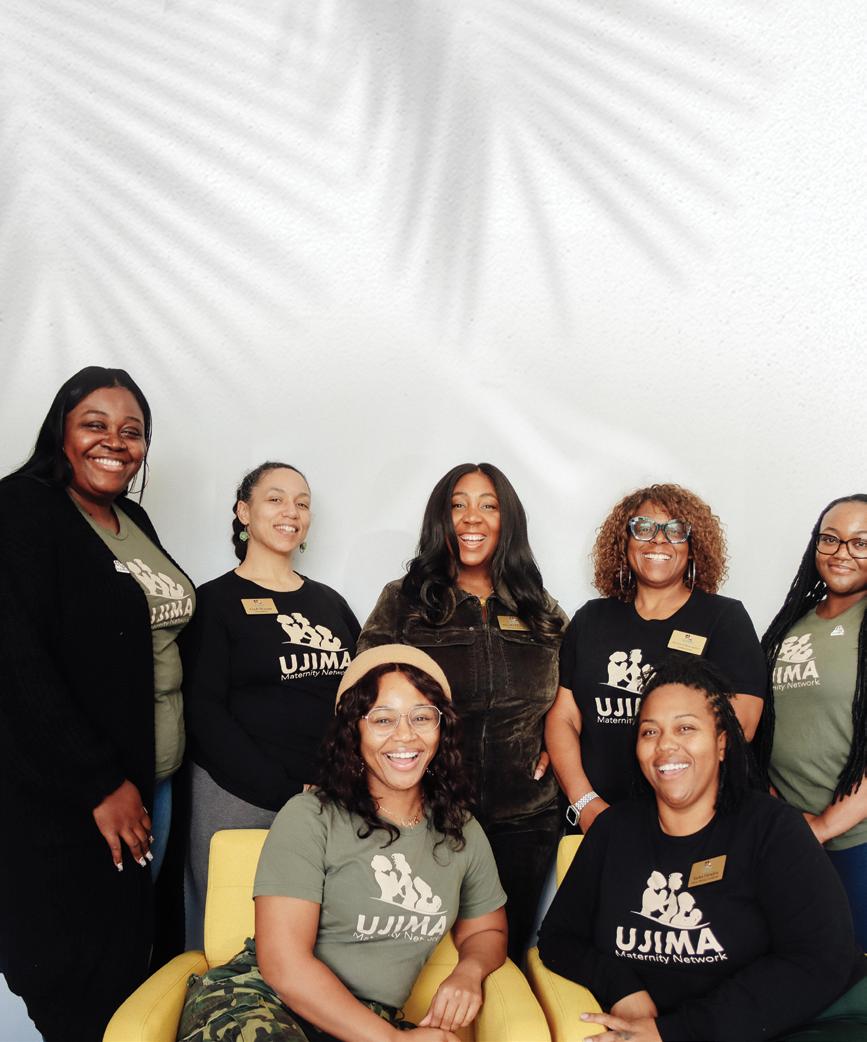
The doula-led movement is redefining Black maternal care in Arkansas
By Adena J. White
“We’re
creating a Chick-fil-A level of quality & consistency for doula services in Arkansas.”
While many are familiar with a doula’s role in supporting a mother during labor, Camille Ferguson sees her work as something deeper and more expansive. She views herself not only as a guide through childbirth but also as a trusted advocate and an extension of a family’s support system.
When Ferguson worked with a mother preparing for the birth of her second child, she offered more than encouragement—she provided a steady, compassionate presence during a vulnerable time. The client’s first delivery had been an emergency cesarean section while her partner was away at school. During the second birth, Ferguson stayed with the family’s older child so the partner could be at the hospital—a reminder that doulas show up not only in the delivery room, but wherever they’re needed most.
“This time, she felt informed and supported,” Ferguson said. “Even though it was another C-section on short notice, this experience was healing. She had more control and confidence. It was night and day from her first birth.”
Ferguson, a practicing doula and owner of Verve Doula Services in Northwest Arkansas, brings a unique perspective to her work. With a background in cultural anthropology and African American studies, she sees birthwork as deeply tied to identity and tradition.

“Doulas aren’t the answer alone, but they’re a critical part of the improvement plan,” Fletcher said. “They fill in gaps that overstretched medical systems cannot—providing social, emotional, physical, and informational support that can really shift outcomes for mothers and babies.”
In 2023, Ujima partnered with the University of Arkansas for Medical Sciences to increase access to its doula training program.
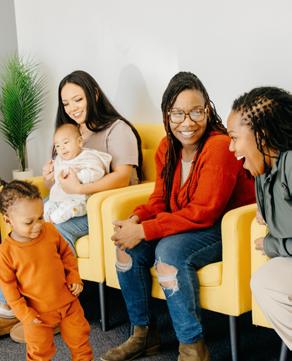
“Every family has its own culture,” she said. “Some are trying to carry forward generational practices, while others are creating new ones. My job is to figure out how to support them in a way that honors who they are.”
Across Arkansas, doulas like Ferguson are helping reshape maternal care—particularly for Black women, who continue to face stark disparities in outcomes. Their work is both ancestral and urgent, part of a long tradition of community-rooted care now being reintegrated into today’s maternal health landscape.
This statewide momentum is being fueled by organizations like Ujima Maternity Network Inc., a nonprofit founded on the Kwanzaa principle of ujima, the Swahili word meaning “collective work and responsibility.” Co-founder Nicolle Fletcher, who also trains doulas through Ujima, sees the practice as one piece of a much-needed, system-wide solution.
A $2,000 training that once felt out of reach is now more attainable through the partnership with UAMS. With this new funding, Ujima has expanded its reach, training nearly 60 doulas across Arkansas, with a focus on rural areas that previously had little or no representation.
Fletcher said she has never seen this level of awareness around doulas during her 16 years in the field. She points to recent legislation like the Healthy Moms, Healthy Babies Act, which expands doula access for Arkansans on pregnancy Medicaid—a significant development in a state where more than half of births are covered by the service.
Fletcher is also president and cofounder of the Doula Alliance of Arkansas, a statewide organization launched in 2024 to elevate the doula profession through advocacy, education, and collaboration. During the 2025 legislative session, DA-AR worked with legislators on a bill to establish a certification process for birth and postpartum doulas in Arkansas and to require both Medicaid and private insurance to reimburse for doula care.
“People are starting to understand how doula support can really change a mother’s experience—during pregnancy, birth, and postpartum,” Fletcher said. “We want doulas to be seen as a consistent, high-quality, and trusted part of the care team. We’re creating a Chick-fil-A level of quality and consistency for doula services in Arkansas.”
Both Ferguson and Fletcher acknowledged that lasting change requires collective effort.
“No one profession can fix the broken system alone,” Fletcher said. “It takes all of us to ensure that mothers and babies not only survive—but thrive.”
Photos Courtesy of Najeé Photos
by Antonio Mosby
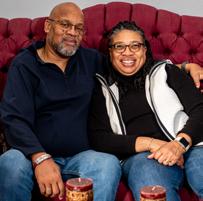
“We’re building a foundation for the generations that come after us. We don’t want them starting from ground zero.”
EDWARD ROBERTS
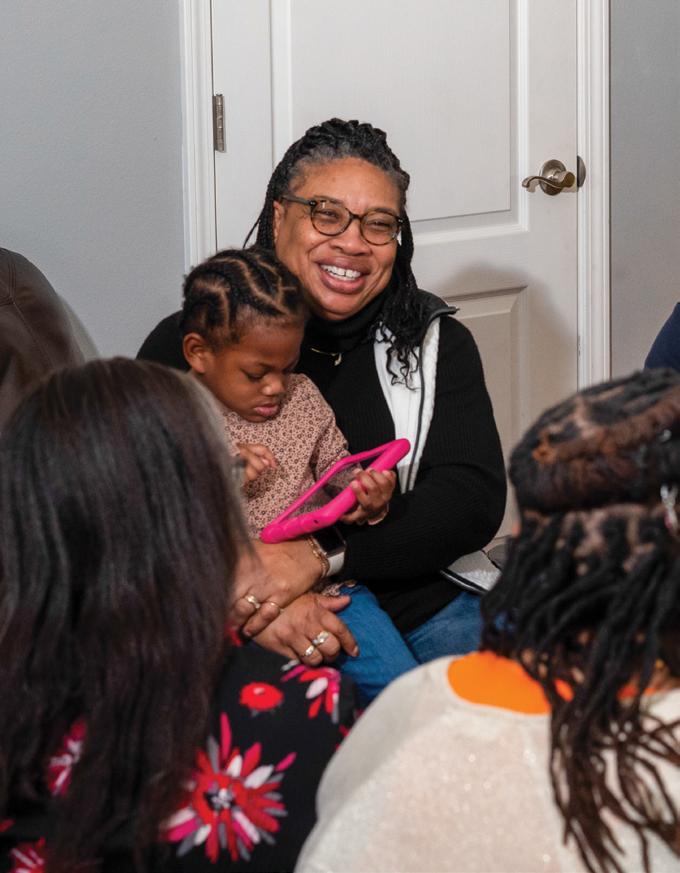
Photography

His Children’s Children The Roberts Family’s Commitment to Building Generational Wealth
By Katrina Dupins
Every month, when Edward and Bryndalyn Roberts log into a virtual meeting with their family, they’re ready to tackle a topic that many Black families don’t often explore together: building wealth across generations.
As the saying goes, knowledge is power. And when you know better, you should do better. This is why the Roberts started their tradition nearly three years ago with Edward, Bryndalyn, who live in Little Rock, and their three adult children—twin daughter and son in Dallas and their oldest son in Philadelphia. What began as informal conversations has grown into a dedicated, multigenerational financial check-in. Today, the meetings include Edward’s siblings, extended family, and even close friends, each bringing questions, research, and resources to the table.
“We don’t just work to live for today,” Edward says. “We’re building a foundation for the generations that come after us. We don’t want them starting from ground zero.”
The Roberts children take the lead on most discussions, often researching topics like stock performance, market trends, or real estate opportunities and preparing presentations for the group. It’s a space where everyone contributes, and everyone learns together.
With each session, the family reinforces not just financial goals, but a shared sense of responsibility and generational alignment.
That mindset is rooted in the values passed down by Edward’s mother, Merline Bass, who passed away in 2016. A single parent, she taught her children to pay bills first, save consistently, and stay ready for the unexpected by maintaining an emergency fund. These lessons and her discipline shaped Edward’s approach to money and became the foundation for his approach to financial stability and responsibility within his own family.
Bryndalyn, who holds a degree in finance, has long been the family’s strategist. She managed the household budget, prioritized saving and investing, and taught their children the basics of managing money early on. She and Edward reinforced the idea that a portion of their income should always be “working for them,” whether through investments in stocks, bonds, real estate, or other avenues.
It would take a while for the principles to stick, Edward said. “Sometimes they’d say they didn’t even balance their checkbooks,” he recalls. “They’d just check the ATM—if money was there, they figured they were fine.”
Eventually, the lessons stuck. Their children now lead the family’s next chapter of wealthbuilding with confidence and clarity.
For the Roberts family, these meetings are designed for education and awareness. With that knowledge, they are also creating a legacy, promoting stewardship, and ensuring no one has to start from scratch. Financial knowledge is passed around like a family recipe: preserved with care, shared with love, and made to last.
Their guiding scripture, Proverbs 13:22, frames the mission: “A good man leaves an inheritance to his children’s children.”
And Edward and Bryndalyn Roberts are committed to doing just that—intentionally and, most importantly, together.
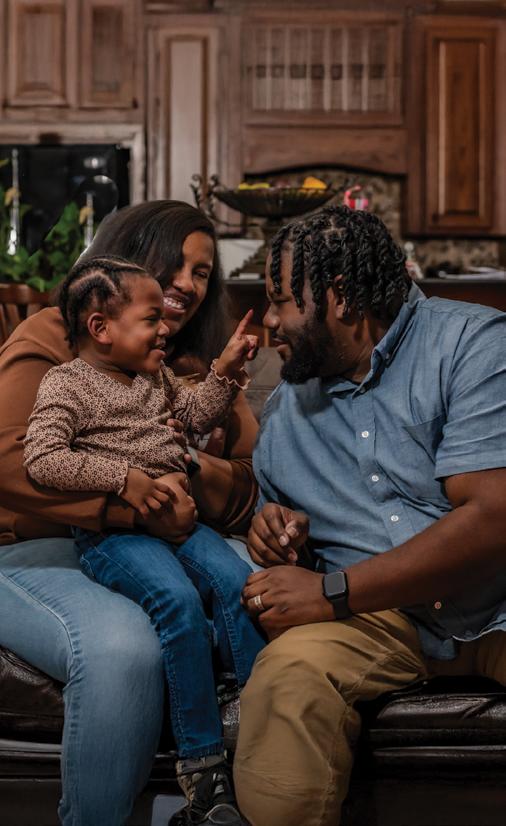
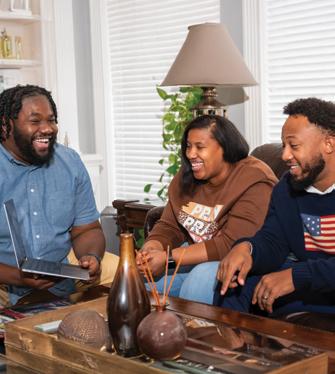
TAKE ACTION
HOW TO BUILD A FAMILY THAT BANKS ON ITSELF
Inspired by the Roberts family? Here are a few simple ways to begin meaningful financial conversations across generations:
“Financial knowledge is passed around like a family recipe: preserved with care, shared with love, and made to last.”
1 2 3 4 5 6
Start small and consistent.
Pick one day each month to meet—virtually or in person—and keep the commitment. Even 30 minutes can go a long way.
Assign rotating roles.
Let family members take turns choosing topics, doing light research, or leading the discussion. It builds engagement and shared ownership.
Make it accessible.
Keep the language simple and avoid confusing financial jargon. Use free online tools, apps, or even YouTube explainers to support learning.
Share real numbers.
If you’re comfortable, talk openly about budgeting, debt, savings, or homeownership goals. Transparency fosters trust.
Ground it in values.
Discuss what legacy means to your family. Align financial goals with shared principles like generosity, security, or entrepreneurship.
Celebrate progress.
Acknowledge wins—paying off a credit card, improving credit, opening an investment account. Celebrate the small steps that build a bigger future.
We’d love to hear how your family is building wealth together. Share your tips, takeaways, or lessons learned by emailing snelson@ arkansasnoire.com.

Exploring the nuances of African American culture by highlighting the diverse narratives, concerns, aspirations, and accomplishments that make us uniquely US.

FEATURE: HER SEASON OF BLOOM
FEATURE: FINDING FAMILY
COVER STORY: BUILT TO RIDE
FEATURE: THE HORSE WHISPERER
FEATURE: MEET THE VISIONAIRIS
By Sericia Nelson
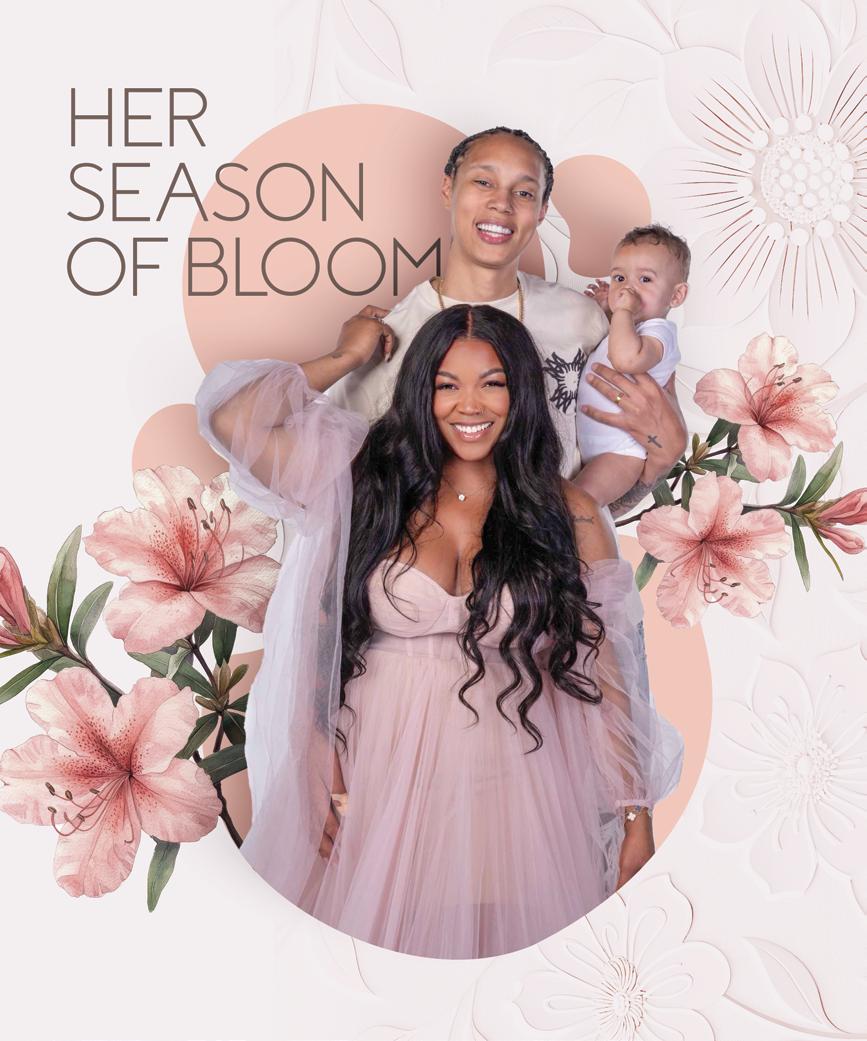
On the surface, Cherelle Griner might seem like a supporting character in someone else’s story.
After all, her wife, WNBA star Brittney Griner, has commanded headlines, from Olympic victories to international diplomacy. But Cherelle’s individual journey is one of quiet strength, deep roots, and the audacity to bloom.

Raised in Little Rock, Cherelle Watson Griner is the youngest of four close-knit sisters and proudly claims the small communities of Wrightsville and Sweet Home as the bedrock for her becoming. Under the watchful care of her grandmother, Cherelle learned the values of service, humility, and resilience. “We picked up cans. We walked everywhere. We volunteered. That was just life,” she says. “I learned to love people and show up for them—even if you didn’t know them,” she reflects on time spent with her paternal matriarch, who was a pillar in the Wrightsville community.
Cherelle happily recalls her childhood, which was filled with long summer days at Burns Park in North Little Rock, where she played softball and later participated in school sports like volleyball and basketball. She attended public schools, including Carver Elementary, Fuller Middle School, and Mills High School—where she made the homecoming court in 9th, 10th, and 11th grades—before transferring to North Little Rock High School. However, a difficult family relocation shifted her senior year out-of-state when her mother, who was then a travel nurse, moved
them to Mansfield, Texas. Being the youngest, it was just her mom and her who made the move. “I was hurt,” she says, still candid about the emotional disruption. “Everything I knew was in Arkansas.”
Determined to return to her home state, Cherelle enrolled at Henderson State University after high school, staying only one semester but snagging straight A’s. Eager to challenge herself further, she transferred to Baylor University, where she met Brittney Griner, whom she affectionately calls “BG,” on a presidential scholarship. In 2014, she earned her bachelor’s degree in Political Science with a minor in Family and Child Studies.
After college, she joined Teach for America and went on to become a founding sixth-grade math teacher at Uplift Pinnacle Preparatory in Dallas, Texas. To say she loved it would be an understatement. Her classroom was filled with structure, heart, and high expectations—so much so that her principal urged her to either become an administrator or pursue law school. Cherelle chose the latter.
In 2018, after reconnecting, Cherelle and BG became engaged and married the following year. Also in 2019, Cherelle enrolled in the North Carolina Central University School of Law in Durham, North Carolina, determined to become an attorney.
Cherelle encountered an unthinkable crisis while serving in leadership roles at NCCU and interning in Charlotte during her final semester: BG’s detainment in Russia in February 2022.
Suddenly, she was thrust into a high-profile, international spotlight, fighting for her wife’s release while finishing her law degree. “I had to compartmentalize everything. I was a wife when advocating, a law student when studying, and a guardian ad litem when showing up for my juvenile clients,” she says. “I learned to plan my days down to the minute— and check in with myself emotionally every morning.”
It was a time when her faith was put to the test. Cherelle’s relationship with God was formed in her youth at Little Rock’s Second Baptist Church on John Barrow. That spiritual foundation, which remains a centering force, carried her through her darkest days and powered her completion of law school, with honors, in May 2022.
Cherelle’s grace under pressure and relentless advocacy for BG captured national attention, but thanks to her family, her anchor, she remained grounded. “My sisters were my sounding board. When I changed my number, they were the only ones I gave it to. They protected my peace.”
Thankfully, after ten harrowing months, she and her wife were joyfully reunited. In the months that followed Cherelle began practicing law, supporting individuals and families through some of life’s most emotionally challenging moments. Her own lived journey—from personal upheaval to public advocacy—shapes the compassion and clarity she brings to her legal career and continues to guide her advocacy for others.
Now, Cherelle is decidedly in a different chapter. She recently became a member of Alpha Kappa Alpha Sorority, Inc., enjoying a new dimension of sisterhood and service. The Griners have also moved to Atlanta, which feels more like a return to Cherelle’s roots. “Being back in the South means I get to foster community again,” she says. Fortunately, her mother now lives in Atlanta, too, which is icing on the cake.
Becoming a mother herself, Cherelle admits, has softened her. During the interview, BG roamed in and out of the room, tending to then 7-month-old Bash with an ease that spoke volumes about their partnership. Cherelle beamed, reflecting on how parenting has changed her. “It’s impacted me in such a challenging and beautiful way,” she says. “I used to move through my day in a rigid, task-by-task rhythm. Now, I’m learning to be more present, to be flexible, to hold space for grace—for him, and for myself.”
That new rhythm is the inspiration for her next venture: entrepreneurship. This fall, Cherelle is excited to launch a planner designed to help others balance their 24 hours. The idea to make a system available to others stems directly from her survival strategy during BG’s detainment and becoming a mom. “Self-actualization is one of my strongest skills,” she explains. “This planner helps you brain-dump, prioritize, and reclaim your time with intention.”
Despite the pace of her current life, Cherelle often returns home to Arkansas to visit her sisters (“They’re my best friends”) and their families, who all remain in Little Rock.
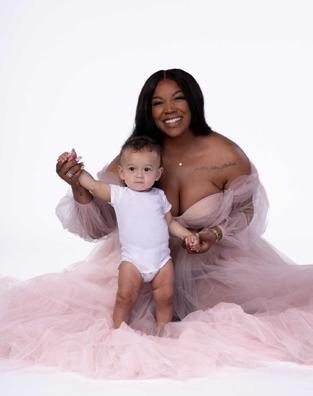
She wants her son to grow up knowing where he comes from—to have a close relationship with his aunties, eat at family tables, and create lasting memories with his cousins.
Additionally, she is committed to showing up for her young nieces and nephews, with whom she shares a close bond, exposing them to what’s possible for their lives. “You can’t dream what you don’t see,” she says. “I want them all to dream bigger because they saw me do it.”
Whispers of public office follow Cherelle everywhere—even from former Vice President Kamala Harris. She doesn’t deny the possibility. “I’m not in a rush. My focus right now is being present for my son and continuing to build a life I believe in.” But she’s preparing, quietly and deliberately. “I’m just making sure I’m not in my own way,” she says.
Thinking about how she wants to be known for inspiring others, she doesn’t hesitate: “Whatever it is you want to do, have the audacity to do it. I hope Bash and any future kids we have learn that from me.”
While her Arkansas upbringing may have been limited in resources, it was abundant in love and rooted in good soil. It’s what has given her the strength to rise with such grace and a beautiful spirit. No longer in someone’s shadow nor adhering to someone else’s timeline, she definitely occupies a field of her own.
To her own credit. On her own terms. And in her own season, Cherelle Griner is wonderfully in bloom.






By Tanisha Joe-Conway
What happens when everything you thought you knew about your family turns out to be incomplete—or untrue? For two Little Rock women, DNA tests led to unexpected revelations, long-lost relatives, and a deeper understanding of who they are and where they come from.
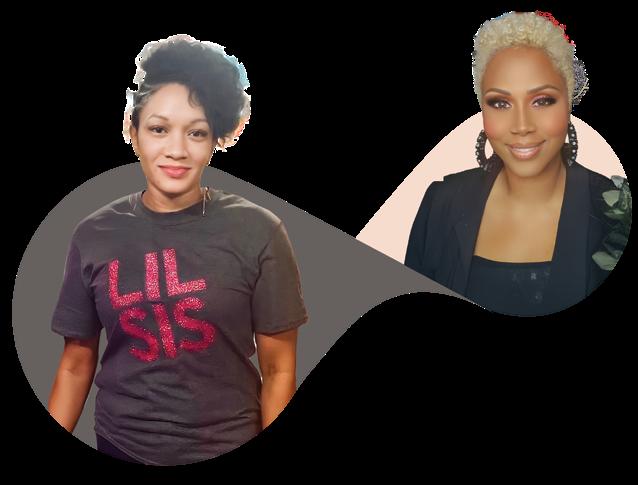
AMBER
AMARI
Amber & Gina : From secrets to sisterhood
Amber Loring grew up as an only child. At 16, her mother revealed a secret she had carried for years.
“My mom told me she had given up a baby,” Amber recalls. “The only reason she knew it was a girl is because she overheard them say. She didn’t even get to hold her.”
Amber’s mother hadn’t wanted to give her child up. But it was 1974 in a small Southern town. She was white. The baby’s father was Black. Fearing the stigma, her parents made the decision for her. The father was run out of town at gunpoint, and Amber’s mom was sent to Hot Springs to deliver. She believed the child was adopted by a family in California. In truth, the baby, Gina, was adopted by a white couple in Texarkana.
Gina always knew she was adopted. Her parents told her when she was five and supported her desire to one day find her birth family. Years later, Gina took a DNA test, which matched her with Amber’s aunt, who had recently passed away. The next match was a cousin.

Amber recalls what her sister told their cousin: “She said, ‘Hey, I know this sounds crazy, but your mom is listed as a relative of mine. You’re my only link to my biological family.’”
Shortly after, Arkansas changed its adoption laws, allowing Gina to request her original birth certificate. On it was her mother’s maiden name. That same cousin charged her late mother’s phone and found contact information for Amber and Gina’s mom. In 2018, they finally connected.
“My mom met her first,” Amber says. “I didn’t want to intrude. Then me and my family went. We met and we haven’t skipped a beat since.”
Gina now lives in the same city as their mother. And through Amber’s best friend and church network, Gina has also found her biological father, grandmother, and siblings.
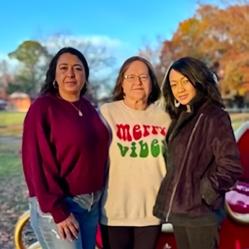
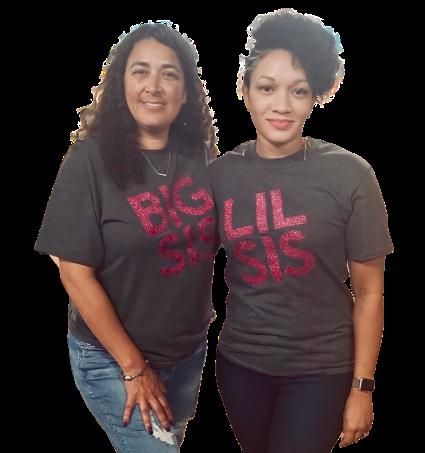
“Everyone’s story is different,” Amber says. “I’m just thankful ours worked out well.”
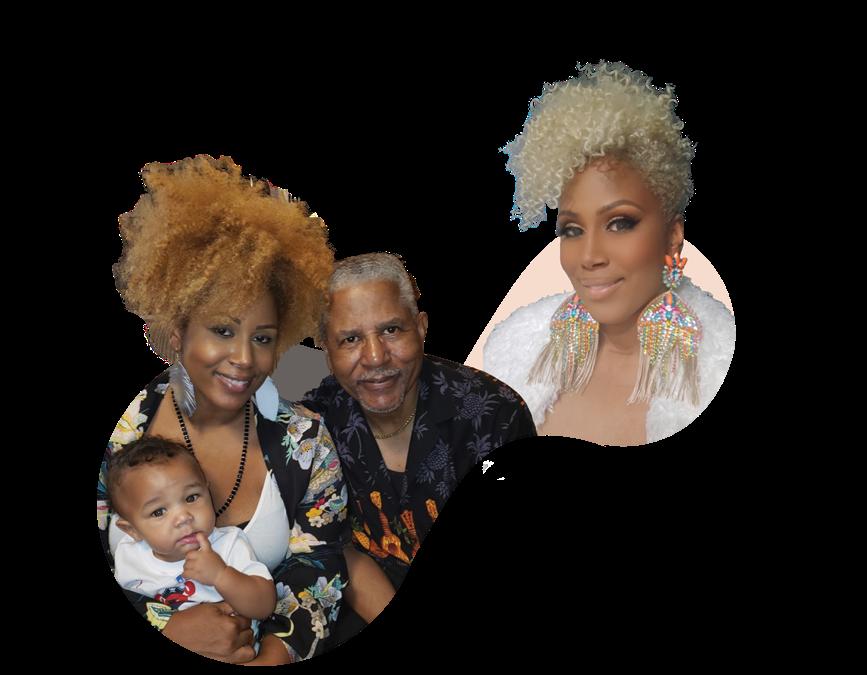
Amari :
A Birthday Gift Unlocks Her Truth

Amari now enjoys a close relationship with her biological father.
“Don’t be afraid. Accept whatever the outcome is—whether you’re accepted or not—because at the end of the day, it’s still your truth. And you can live in your truth.”
Amari Briggs grew up with her mom, dad, and siblings, but she always felt different.
“I just figured I looked more like my mom’s side of the family,” she says. Plus, her siblings were older and, due to complex family dynamics, not all of them were consistently present in the home.
In 2019, her husband gave her an Ancestry DNA kit for her birthday. A makeup artist, Amari had long admired Nigerian culture. He joked, “Let’s do it so you can go find your Nigerian people.”
The results revealed she was 38 percent Nigerian. Familiar relatives from her mom’s side appeared— along with a few names she didn’t recognize.
“I was trying to figure out who they were. They had to be half-siblings or an aunt or uncle.”
She messaged one woman, who mentioned they shared a brother. Curious, Amari asked for the woman’s father’s name and requested a photo.
“She sent me a picture of her dad, and it was like looking at myself with a mustache.”

When Amari messaged the man, he said he remembered her mother and had no doubt she was his daughter. She later traveled to Oklahoma to meet him and her siblings.
“It has been amazing ever since,” she says.
Only after the reunion did Amari talk to her mother— and learn that her parents had been divorced for two years early in their marriage, right around the time she was conceived. They later remarried and never spoke of it again.
“This journey gave me a sense of self I didn’t know I needed,” she reflects. “Now I belong.”
Since being reunited, Amari’s biological father and siblings have been by her side, even through a recent battle with cancer.
Because of their experiences, Amber and Amari both believe in fewer secrets and more honesty within families.
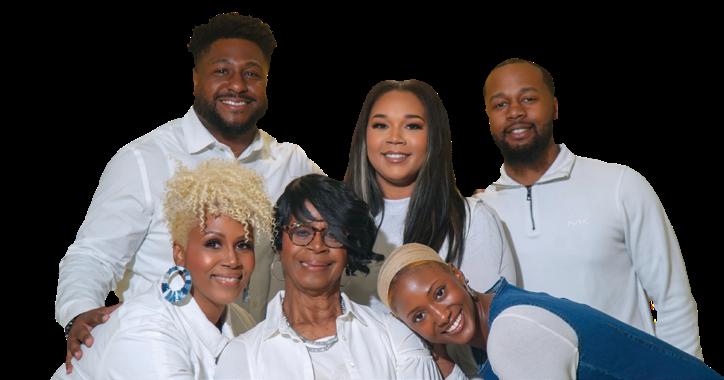
Amari continues to have a strong bond with her mother and the siblings she grew up with.
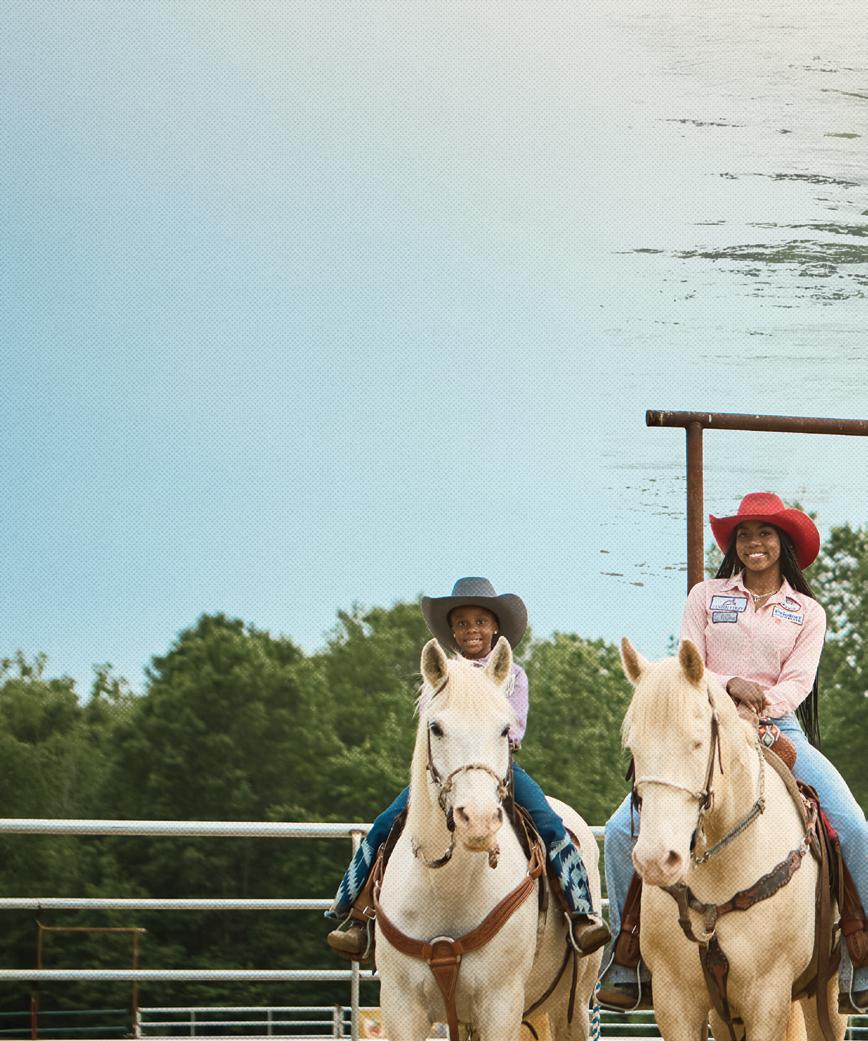
By Jurnee Taylor, Contributing Writer
Photography by Sarah Oden
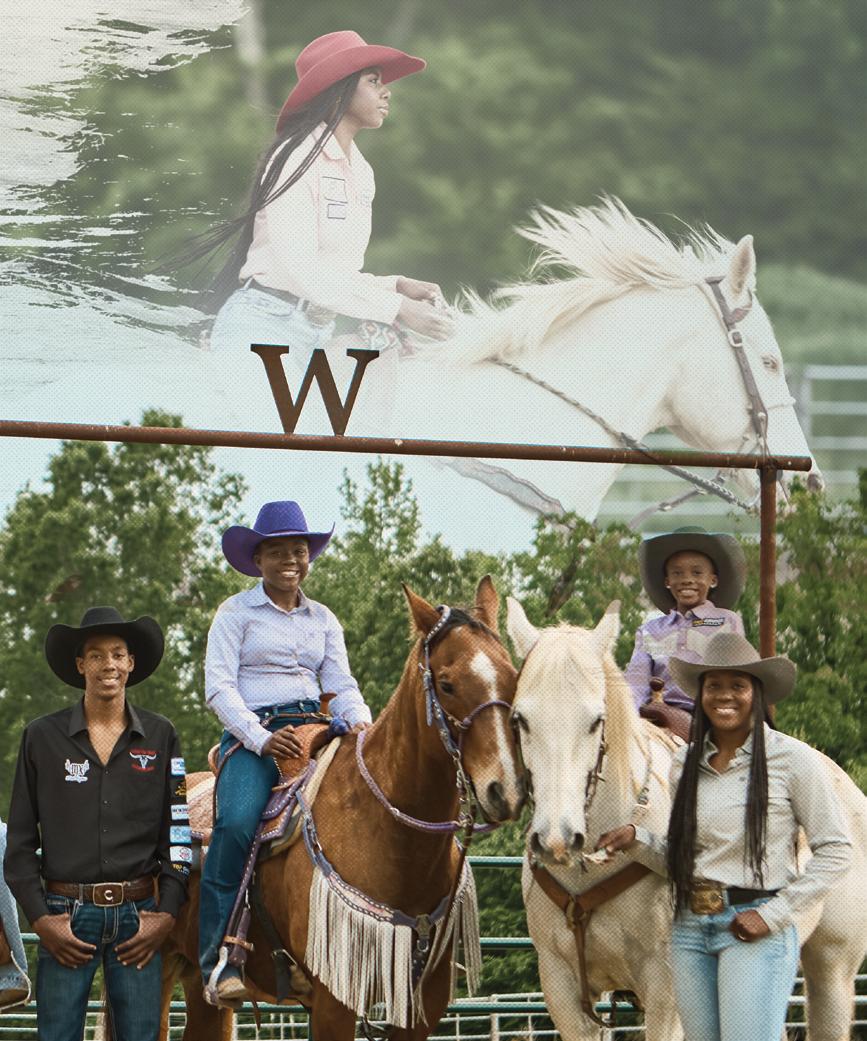
Ride Built

ToLong before Beyoncé snagged a Grammy for Cowboy Carter and trail rides started flooding our social media timelines, the Wilburds were already in the saddle. A rodeo family by design, not by default.
It started with a single ride in 2014. Zanetta Wilburd, a registered nurse who had dreamed of horseback riding since childhood, finally took her daughter Paris on a trail ride. Raised by her grandmother, Zanetta didn’t have the opportunity to ride growing up, but she never let go of the desire. What began as a summer outing soon evolved into a family-wide pursuit of land, legacy, and rodeo life.
“When it started, it was just me and Paris. We learned together,” Zanetta says.
“Ever since then, she was crying about getting on a horse every day, every day.”
Paris, now 16, is a standout in the rodeo arena, competing locally and nationally as a barrel racer with undeniable skill and poise. Her younger sisters—Zoey, and six-year-old twins Rylen and Reign—are coming along too, gaining confidence with every ride and already collecting wins of their own.
And they do stand out—not just for their talents, but for their presence as Black cowgirls in a space where they’re often the only ones who look like them.
“We are a competitive family,” Zanetta says. “We try to do our best at everything, and I think that’s what makes them stand out even more.”
Their older brother, 17-year-old Jaylen, may be more drawn to sports than horses, but he plays an active role in the daily upkeep of their ranch. And there’s plenty to keep up with.
The Wilburds recently moved into their newly built, sprawling home on their 60-acre ranch in Cabot, Arkansas. The property, designed by Zanetta’s husband, Rashaun, a successful entrepreneur and owner of Top Choice Autos, reflects their values. It includes a heated pool, a private training arena, and wide-open space for their children to ride, roam, and prepare for competition.
Rashaun, a self-proclaimed “city guy,” isn’t a riding enthusiast like his wife and daughters, but he’s far from a spectator. “He’s learning and doing the things through us,” Zanetta says. “We’re showing him and teaching him how to be a hand.” He’s also the architect of the property and a steady support—financing dreams, managing logistics, cheering his girls on from the sidelines, and more.
As for Zanetta, who still sees patients on her terms and offers services like injections, much of her time is poured into her family. Wrangling cowgirls, cooking dinner each night, being a sports mom, anchoring a fast-moving household, and being a devoted wife is more than a full-time job—but she wears it well.
In truth, life for everyone on the Wilburd ranch is structured and full. All five children are busy days and nights with school, extracurricular activities, and daily chores: feeding and watering the horses and—especially for the girls—making time to train and exercise them. A balance of structure and joy is no accident. For Zanetta, exposing her kids to various experiences is part of the plan.
“In my mind, if you don’t get to experience everything, you’ll never know what you’re good at doing,” their mother says. When the work is done, the family unwinds together, often poolside, vacationing together, or planning their next rodeo appearance.
All of this is intentional. The Wilburds are not just raising rodeo competitors and sports stars; they’re building a legacy.

Paris
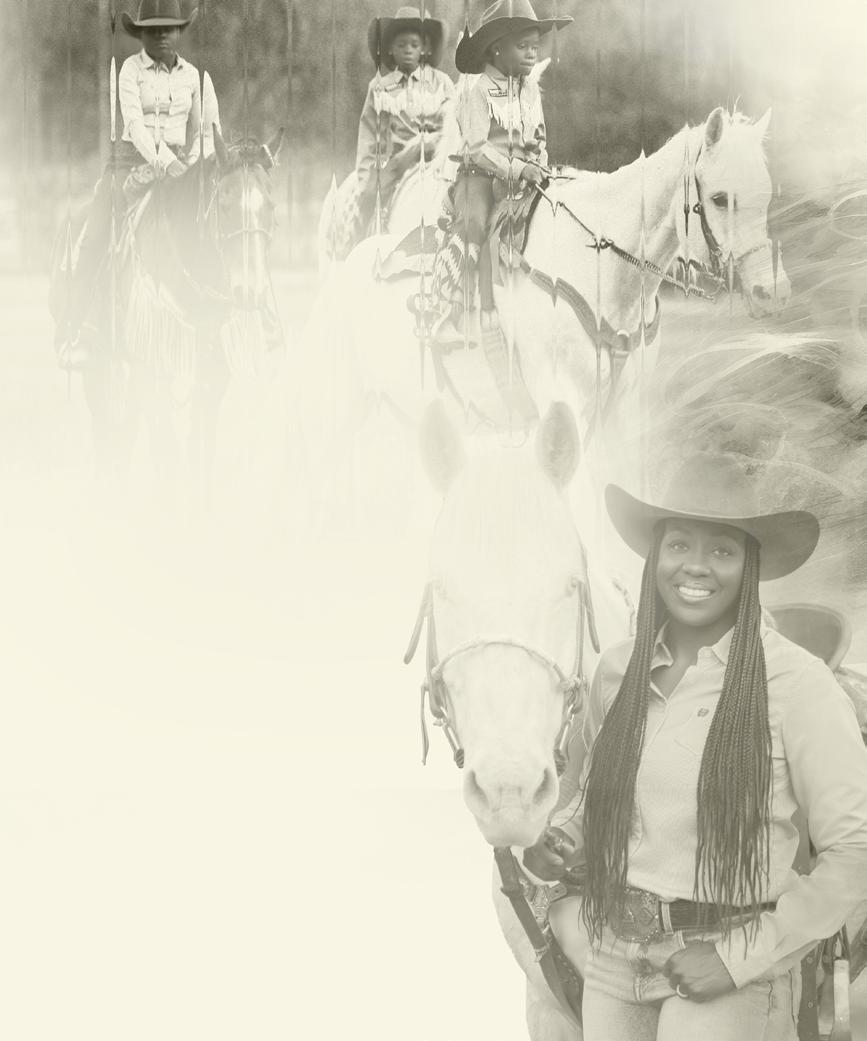
“We’re big on family. That’s why we built this property,” Zanetta says. “Not only for generational wealth, but to give our kids a head start. We want them to have something they can pass down. Something that lasts.”
That mindset is woven into everything the Wilburds do. Each March, they host the Defeat the Beast Invitational Rodeo at Barton Coliseum in Little Rock—a sold-out event this past spring that continues to grow each year. More than a competition, Defeat the Beast has become a signature cultural moment—one that introduces people, many for the first time, to the power, pride, and presence of Black rodeo. And make no mistake, this isn’t the Wilburds’ first rodeo. They know what it takes to pull off something great.
“When we started doing the Black rodeo circuit, that’s when I was able to get my husband involved,”
Zanetta says.
“Because it was a culture shock for him as well.”
But now, they’re not only part of the culture, they’re pushing it forward. It all makes Zanetta proud.
“I couldn’t ask for a better husband. My children are healthy, athletic. I mean, I just, I really enjoy my family,” she says. And I just—I couldn’t be blessed with anything, anything more.”
While the Wilburds may appear to be #familygoals now, this life wasn’t handed to them. The couple built it through grit, faith, and a whole lot of love. Their ultimate goal? That their children wouldn’t have to start from scratch.
At this point, there are no worries about that. Each family member is a star in their own right: a hard worker, a dreamer, a doer. What is certain is that no matter the venture or adventure, the Wilburds—Rashaun, Zanetta, Jaylen, Paris, Zoey, Rylen and Reign—will have their boots firmly on the ground.
And when it’s all said and done, they can saddle up and ride off into the sunset together.
Zanetta




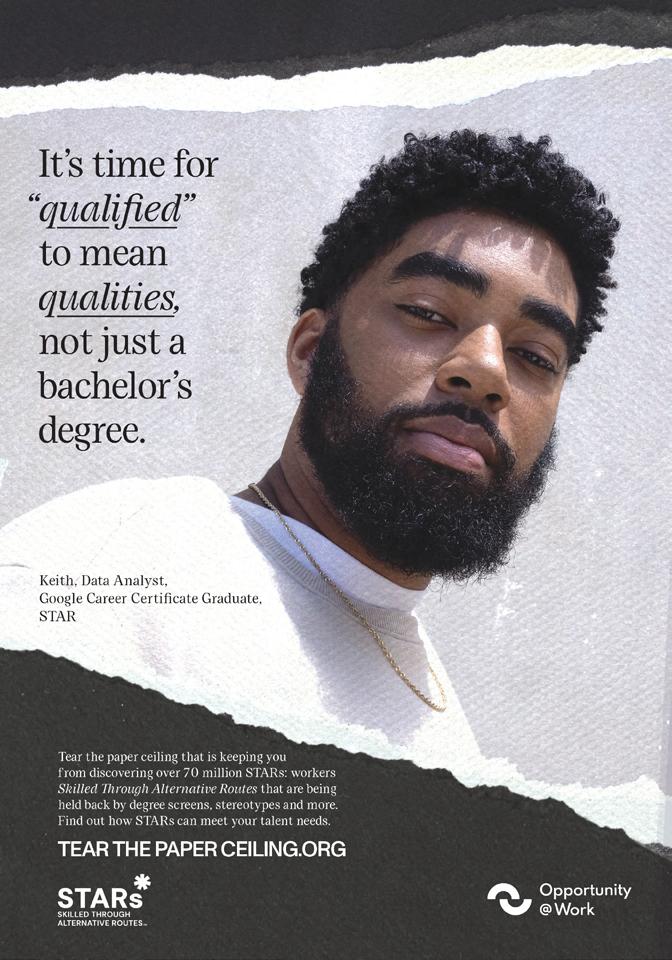
J.Ward
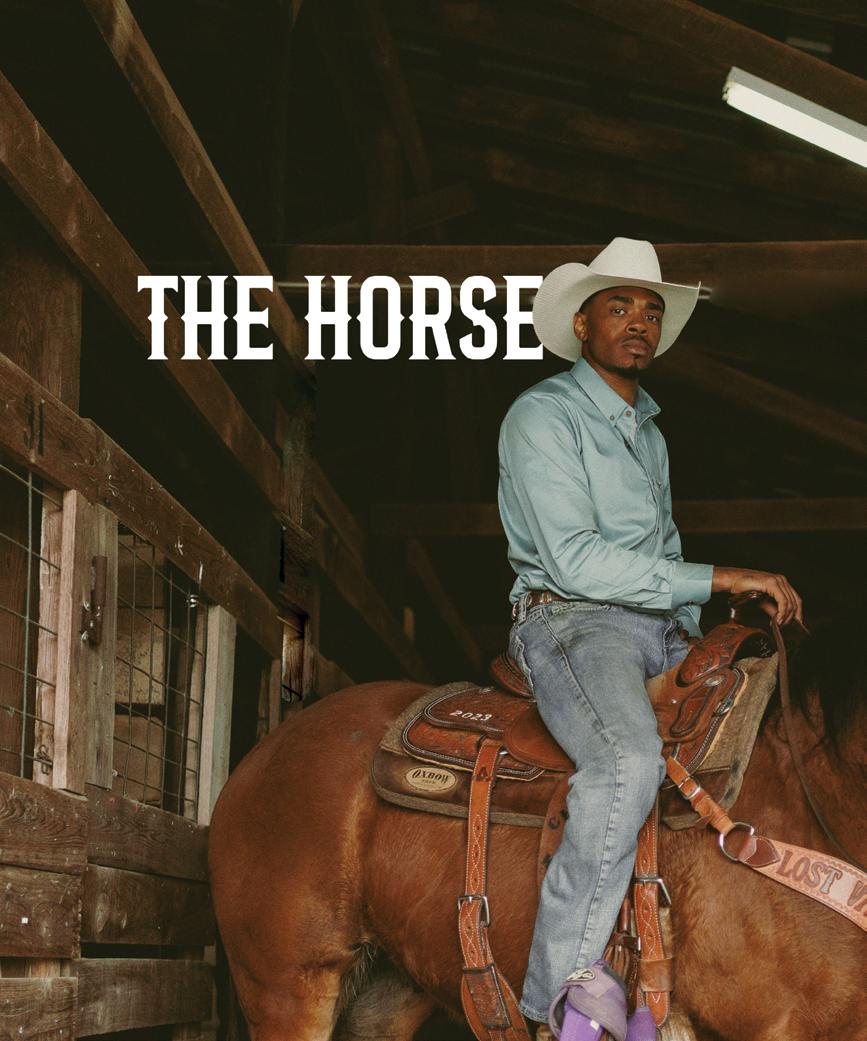
Whisperer
By Jurnee Taylor, Contributing Writer
Photography by Alex King
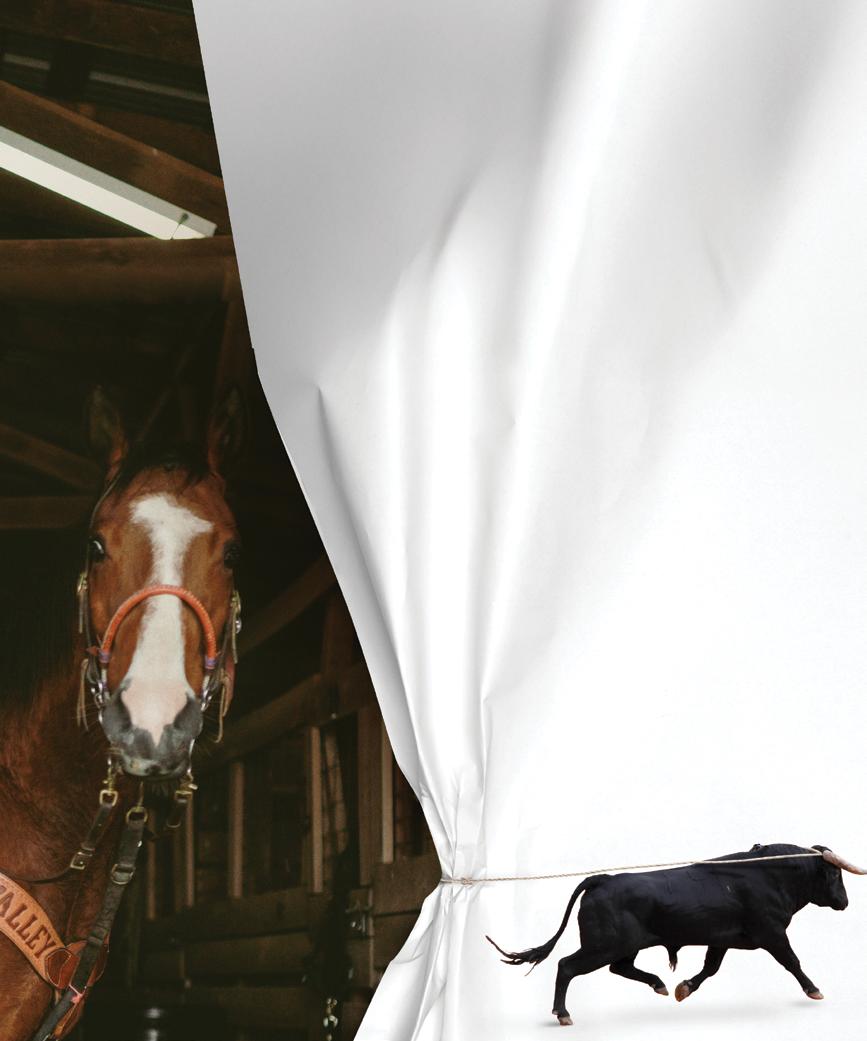
On a quiet stretch of land in Wrightsville, Arkansas, with the sound of horses in the distance, you’ll find Julian Ward better known as J. Ward—doing exactly what he was born to do. With humility and heart, he’s taken the reins of his career and is building something meaningful.
I was born actually in Leesville, Louisiana, but I was raised in Wrightsville,”
says Ward, who describes his hometown as “urban country.” It’s where his story took root—a place where hard lessons come early and staying grounded is key.
In The Saddle
Ward’s introduction to horses came early, thanks to his father. “My first horse was my dad’s horses, Sunny and Flash,” he says. But it was a wild Shetland pony named Corey that marked his first experience with true ownership. “At the time, I didn’t really have any horsemanship skills. I just would get on and just make her go.”
What started as childlike curiosity quickly deepened into something more. A trail ride where he struggled to keep up lit a spark. “Soon after, I started working to build confidence,” he remembers. A dog-chased gallop became his first real ride—and from there, he never looked back.

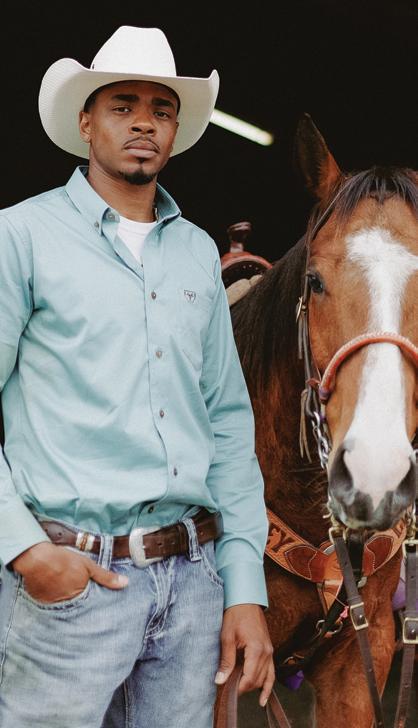
Finding His Stride
After high school, Ward enrolled at Philander Smith College, where he majored in computer science and joined the Kappa Alpha Psi Fraternity, Inc. Employed part-time at the Arkansas Department of Transportation (ARDOT), he balanced college, work, and his growing passion for horses.
Ward, the first in his family to graduate from college, takes pride in how far his horse training has come. “I have always been passionate about working with horses, but over time it became a real, legitimate business.”
With his computer science degree and working in a full-time role at ARDOT, Ward continued to train horses on the side. But by 2020, when the pandemic disrupted everything, the demand for his horsemanship had outpaced his day job. “I was making more money training horses than I was at ARDOT,” he shares. “So I just prayed on it and took that leap of faith.”
Changing Leads
Now operating as J. Ward Horsemanship, he trains full-time. With a gift that goes beyond mere talent, it’s Ward’s temperament that stands out. “Not everybody can do it,” he says. “You have to have a sense of patience. You’ve got to have a sense of compassion, for sure. And you’ve got to have a sense of mercy.”


His growth in his craft is undeniable. From excelling in Pony Express relay racing to recently picking up steer wrestling, Ward continues to stretch himself.
“I’m like a sponge. I soak up information. I’m coachable. I listen, and I try hard too.”
Riding Toward More
These days, the equestrian businessman is chasing rodeo dreams, helping others, and honing his reputation with every horse he trains. “Every horse teaches you something different,” he points out. “So, you know, I like to teach.” And while his horsemanship has come a long way, he knows he’s just getting started.
“I feel like I’m in a good space,” Ward says. “I feel like there’s more to come.”
MEET THE
VISIONAIRIS
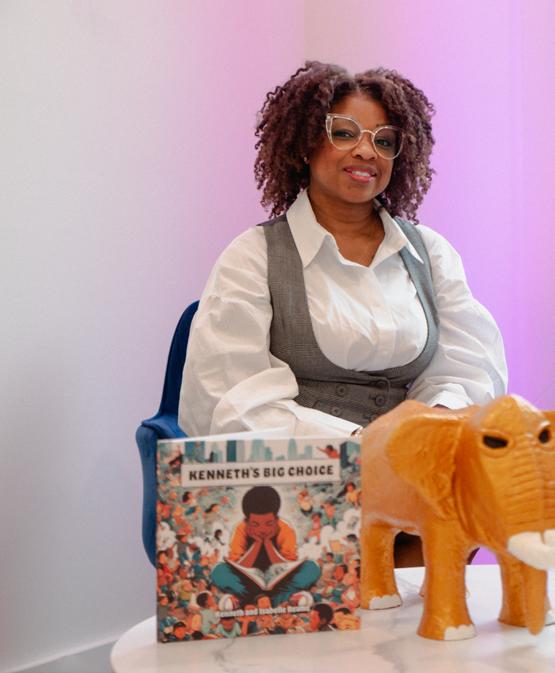
A northwest arkansas couple turns their grief into a creative force for cultural change.
By Sericia Nelson
Photography by Ladell Tyler Jr.
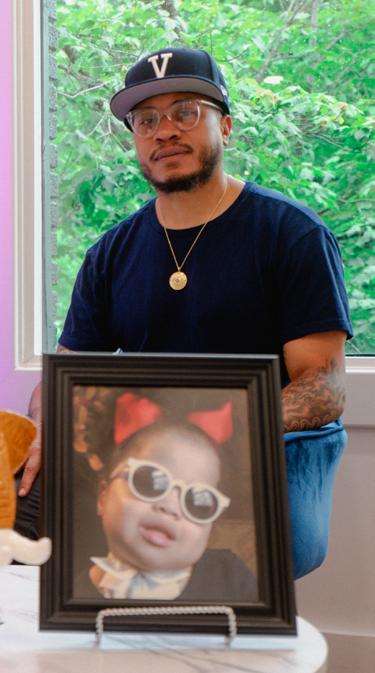
When tragedy and purpose intersect, something remarkable can come of it. That’s precisely what happened in 2016 when Dr. Synetra and Dr. Airic Hughes transformed grief into impact with the launch of the Visionairi Foundation in Fayetteville.
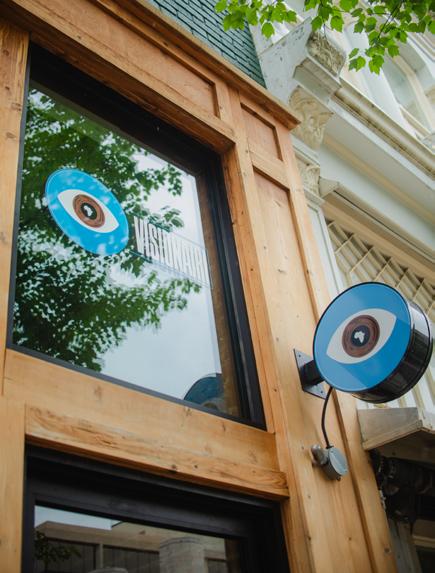
Inspired by the memory of their daughter, Airiel, and fueled by a commitment to cultural preservation and community-building, this husband-and-wife duo has become one of Arkansas’s most compelling forces for creative and cultural change.
“We spent a lot of time at Arkansas Children’s Hospital with Airiel,” recalls Airic Hughes, the organization’s CEO. “The Visionairi Foundation was born as an outlet for the community and our family’s future. And it has become the fruition of our mission of Black culture preservation.”
From that deeply personal origin has emerged a fast-growing nonprofit reshaping the creative landscape in Northwest Arkansas and beyond. The Visionairi Foundation is best known for its flagship initiative, the Michaux Award & Film Labs (MAFL), which supports and trains emerging filmmakers of color. Since 2020, it has awarded $30,000 in grants and brought hands-on creative training to communities across the state.
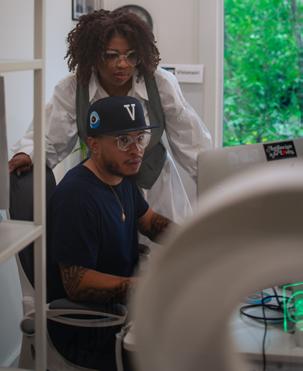
“We travel across the state, offering educational labs and initiatives to train people in the creative arts and develop the creative workforce economy,” says Airic. “We’re building collaborative partnerships with local and national partners to create opportunities and pipelines to support creators of color.”
Synetra Hughes, Visionairi’s COO, adds: “Our mission has always been to amplify Black voices and our community’s voices. With the Michaux Award and Film Labs, we’re evolving to amplify not just Black creators, but all creators of color.”
While storytelling is central, Visionairi is just as committed to making space for Black people to connect, convene, and thrive. Their 2,000-square-foot headquarters, Visionairi Studios, sits on the historic square in Fayetteville, making it the only Black-owned business in that area. It’s a welcoming space for the Black community, hosting UA Black Alumni Society tailgates, trainings, film screenings, and strategy sessions that keep its mission grounded in everyday life.
Visionairi’s partnerships stretch across the state and beyond, including the Arkansas Cinema Society, Interform, and HBCUs in the state, including Philander Smith University and the University of Arkansas at Pine Bluff. They also collaborate with film festivals and national networks like Color Congress and the Southern Documentary Fund.
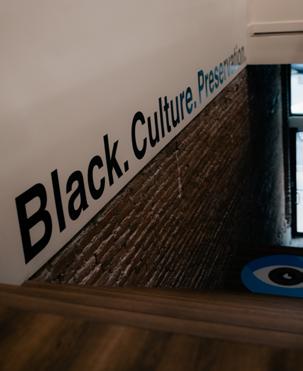
Of course, building something so personal and purposeful comes with challenges, especially in the South, where Black cultural preservation isn’t always prioritized.
The foundation addresses this by showcasing their work and demonstrating the impact of their programs, inspiring others to join their mission. As Synetra notes, “Creating longevity around people who believe in our mission is crucial.”
In a time when cultural spaces are more essential than ever, the Visionairi Foundation is bridging gaps and opening doors. With the Hugheses stewarding the vision, that door leads to greater possibility, expanded power, and realized purpose in Black culture.
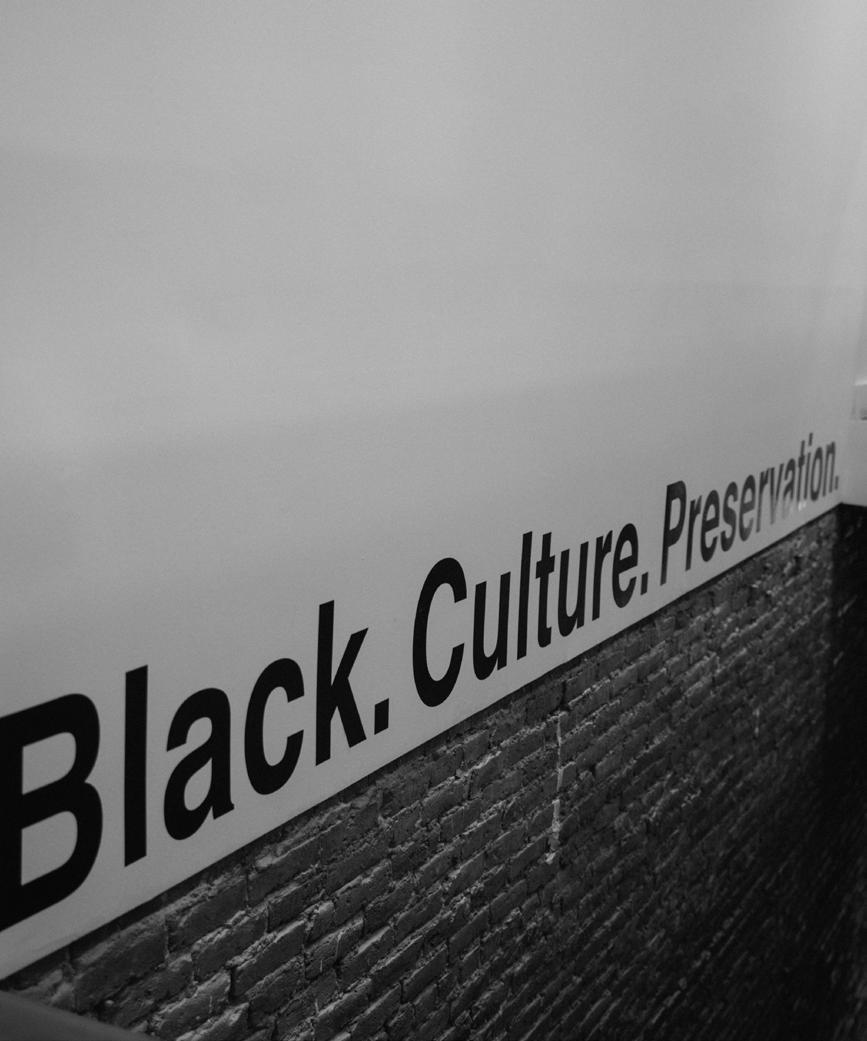
While storytelling is central, Visionairi is just as committed to making room for Black people to connect, convene, and thrive.

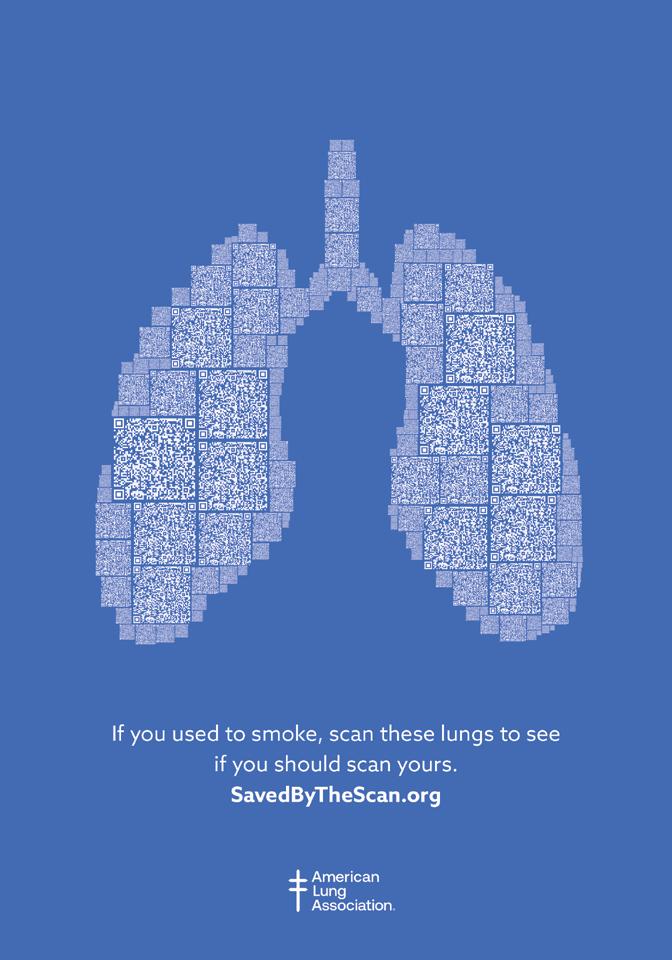
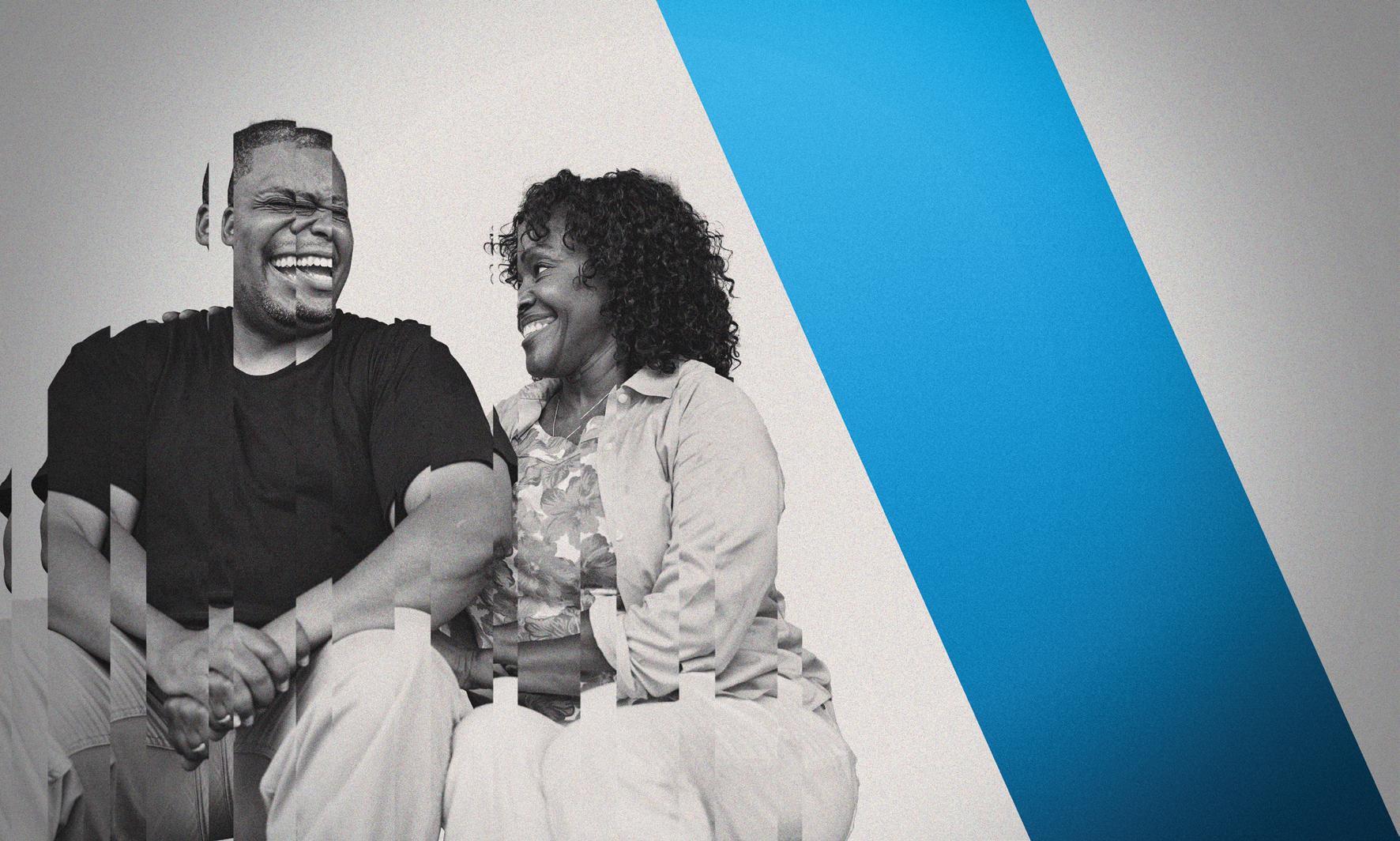
Knowing and understanding our community’s struggle strengthens our identity and empowers collective action.

NEWS: BACK TO THE BLUFF
PEOPLE : CELEBRATING 40 YEARS OF YARN
PEOPLE : CERTIFIED PIES
FIRST PERSON: MIA JONES
BLUFF Back to the
By L. Lamor Williams
Why Young Black Families are Reclaiming
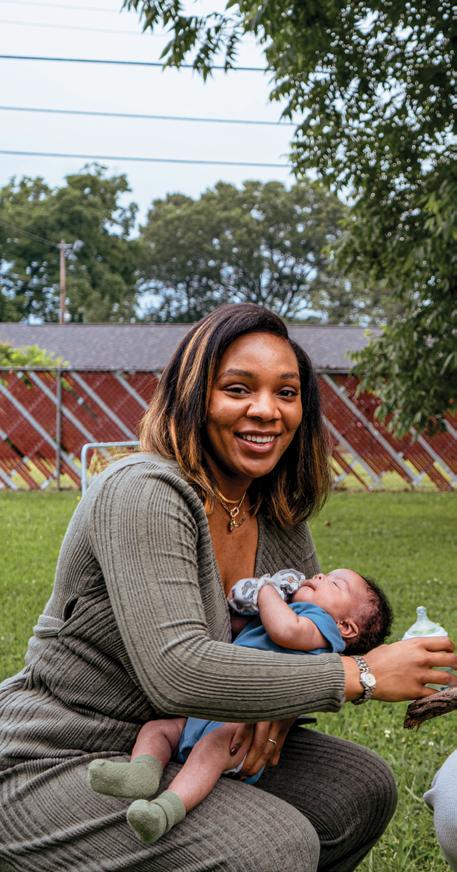
Pine Bluff
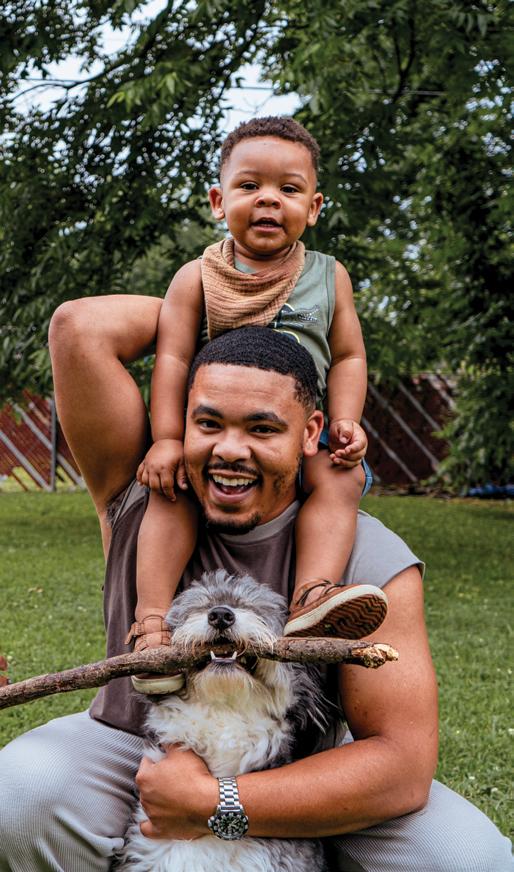
Photography by K&C Media
When people think of Pine Bluff, Arkansas, headlines often center on decline—shrinking population numbers, economic struggles, and aging infrastructure. But for Evan and Lottie Jones, the city is a place where dreams have taken root.
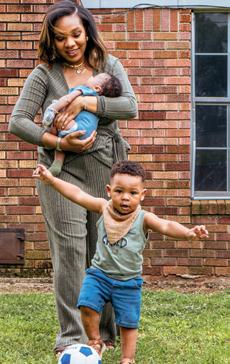

Evan is a Pine Bluff native. He’s a University of Central Arkansas graduate who returned home with a vision: to build a music studio from the ground up and carve out space for creativity, family, and legacy. His wife, Lottie, is from Little Rock. A University of Arkansas at Little Rock graduate and mechanical engineer, she was on board from day one.
“I didn’t know that initial ‘yes’ wasn’t just about a house or a studio. It was about planting roots. It was about stepping into something bigger than ourselves,” she says. “Since then, so many doors have opened— opportunities we hadn’t even imagined, like owning property outside your primary residence.”
At a glance, their decision may seem surprising. Pine Bluff’s population has declined dramatically—from 41,253 in 2020 to an estimated 37,886 in 2025, according to the U.S. Census. But the Joneses saw what others overlooked: opportunity.
“Opportunity doesn’t always come dressed in certainty,” Lottie shared via email while awaiting the imminent birth of their second child. “Sometimes it walks through your tiny apartment with hope in its eyes.”
For them, Pine Bluff isn’t merely a stepping stone. It’s home. And in that choice, they’re quietly flipping the script for what it means to bet on an Arkansas Delta city— and win.
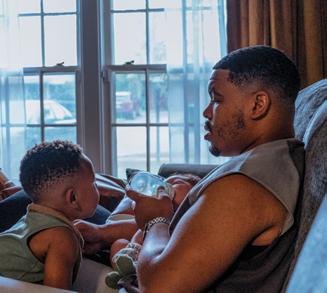
A CITY IN TRANSITION
In a candid interview, Mayor Vivian Flowers, Pine Bluff’s newly elected leader, emphasized the city’s efforts to lay groundwork for renewal, from boosting public safety to investing in youth and infrastructure.
“People are already moving back,” Flowers says. “I ran into someone in the post office just the other day. He lives in Atlanta and has purchased a home here. He splits his time between both cities. People see the potential here. It’s not about what Pine Bluff used to be—it’s about what we’re becoming.”
Under her administration, the city plans to add 100 public surveillance cameras and upgrade other technology to improve efficiency and help tackle issues like copper wire theft, a crime that’s hindered local development. She wouldn’t reveal specifics but shared that she’s working with the Arkansas Attorney General’s office to “strengthen efforts to prevent the crime and penalize it effectively.”
REWRITING THE STORY
Flowers believes that building back starts with people. “Bring the people, and the businesses will come,” she says.
Evan Jones works as a contractor and marketing director for We Center, We Build, a program aimed at revitalizing parts of Pine Bluff. It offers apprentices hands-on experience while tackling Pine Bluff’s affordable housing shortage. The organization’s first modular home—a 1,156-squarefoot, three-bedroom, two-bathroom residence— was completed this year, with more homes planned to spur neighborhood revitalization.
“It’s a beautiful thing to invest in something that most people would pass over and see it blossom,” Evan says. “As more people see what’s happening, more people will want to invest, and they will want to be a part of this great movement.”
Despite challenges, Pine Bluff has the bones of a comeback city: river access, railroads, a port, an airport, a thriving HBCU, and a rich Black cultural history. While national outlets may frame it as a city in retreat, families like the Joneses—and a new wave of young professionals, creatives, and entrepreneurs—are proving that revival is possible.
“We’re now building something lasting for Evan Jr. and Ephraim,” Lottie says of her and Evan’s young sons.
“A life that speaks of possibility, intention, and legacy.”
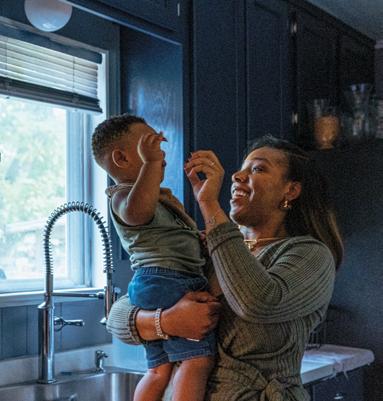

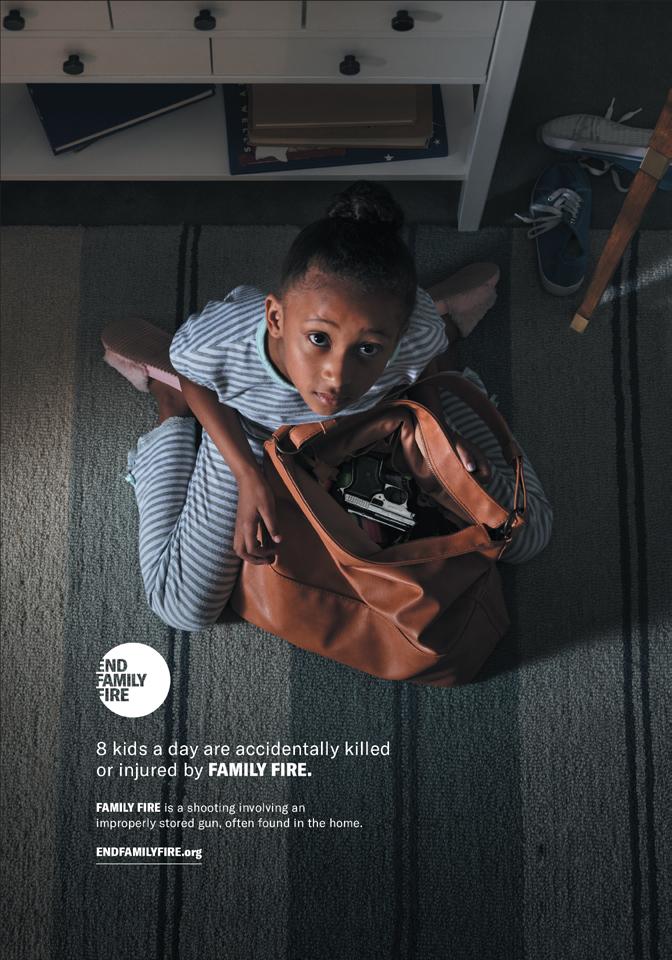
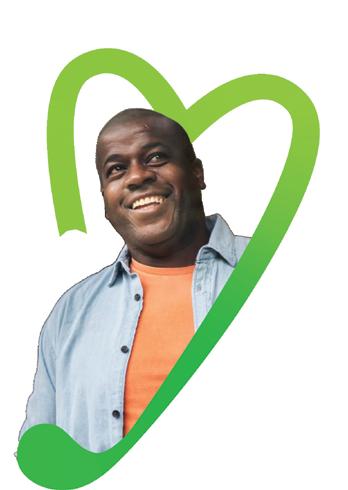
OUR BRAND:


At Southern Legacy of Life, we believe in the power of generosity, compassion, and second chances. Our mission is not just about organ, eyes and tissue recovery— it’s about the gift of life and the enduring legacy that donation creates.
As we transition from ARORA to Southern Legacy of Life, our new name reflects a deeper purpose: not just what we do, but why we do it. We are here to inspire, to educate, and to foster a culture where every Arkansan understands their potential to leave a lasting impact.
Because life is the greatest legacy of all.
YARN IN Celebrating MAYFLOWER YRS Of
By Tanisha Joe-Conway
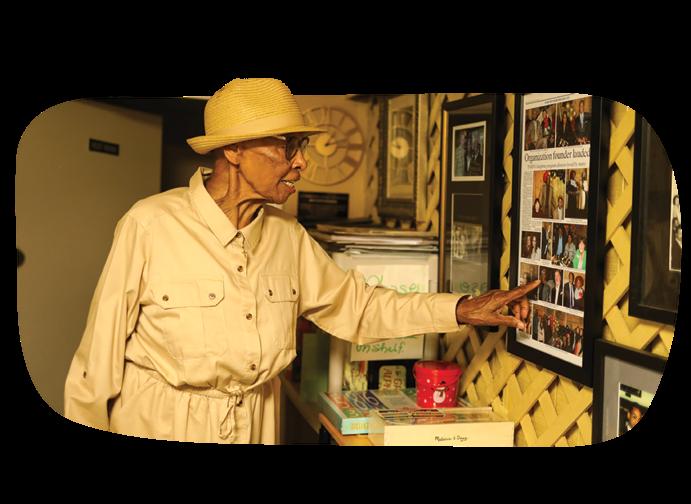
With over 4,200 students served, YARN continues to thread possibility into the lives of young people across rural Faulkner County.
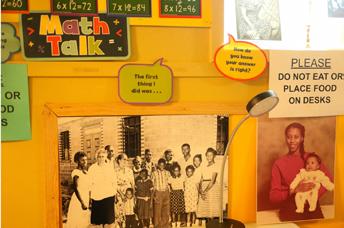
Photography by London Porchia
In the right hands, a single thread can be spun into something meaningful. For YARN—the Youth Advocates Resource Network—that thread began with its founder, Berthenia L. Gill.
“I did a community survey when I moved back [to the community] in 1972 and realized we had to do something for the kids,” Gill recalls. “They needed to see what they could become.”
With the blessing of her pastor, Rev. James Mackey of Palarm Chapel Baptist Church in Mayflower, Gill organized what was intended to be a one-time career day in March 1985, featuring professionals from all walks of life.
“Enough was said and done to say, ‘You’ve got to do this again,’” she says. “That’s where the ball started to roll.” And roll it has—forty years and counting.
FROM EXPOSURE TO EXPANSION
Foshanta Garth grew up in the YARN system. “Our education at Mayflower School District was good,” she says. “But the exposure is what we were lacking. That’s what YARN gave us.”
Seeing accomplished professionals who looked like her, like former U.S. Secretary of Transportation Rodney Slater, was transformative. “It made me believe I could achieve anything.”
Gill adds, “We made it interesting. I feel like every adult in attendance made themselves simple enough that the kids could grasp whatever these folks were imagining for them.”
That exposure soon extended far beyond their hometown. Gill began organizing trips to places the students had only read about.
“I’ve been a lot of places, and I thought: I bet these kids would really like to see some of the world I’ve seen,” she says.
One moment stands out. “I’ll never forget when we were pulling up to Howard University. Foshanta saw this building and said, ‘I’m going to school right there.’ I think everybody else got quiet when she said it. That moment said something.”
And the trips kept coming: the White House, NASA, the Chickasaw Nation, the National Civil Rights Museum, and more.
“It broadens the students’ perspectives,” says Maria Hoskins, Gill’s daughter and YARN’s current director.
“The parents and chaperones go, too. They’re learning in the same process.”
FOCUSED AND FAITHFUL
Advocating for children remains YARN’s north star.
“There were always new things that would trigger my mind,” says Gill. “‘I bet they would like to do this. I bet they would like to do that.’ I wanted my kids to have the best—but I also wanted everybody else to have the best, too.”
Remarkably, all of it happens at no cost to families. With no paid staff, YARN is entirely run by volunteers.
“We’re grateful for the community and business support that allows us to continue and grow,” Hoskins says. “They start off giving a little, and they grow with us. We need that to continue.”
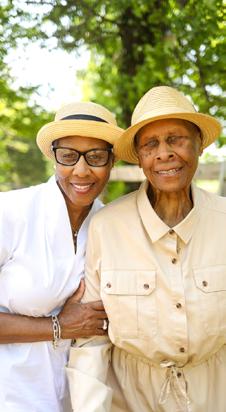
Round ARN Year-
PROGRAMS
PROVIDED FOR YOUTH AGES 4-21, AT NO COST TO FAMILIES—all made possible by volunteers, community partners, and donors.
• Twice-weekly tutoring with UCA AmeriCorps volunteers
• Annual youth leadership conference
• Art and creativity camps
• Educational and college tours
• Garden-to-table nutrition experiences
• Literacy development projects
donate, volunteer, or learn more.
Maria Hoskins with her mother Berthenia L. Gill

By Katrina Dupins
THREE FRIENDS TURN SETBACK INTO THE PERFECT SAUCE FOR LITTLE ROCK’S FIRST BLACK-OWNED PIZZA RESTAURANT.
(L-R) Kreg Stewart, Harlem Wilson & Samantha Stewart have cooked up some winning recipes.
Certified Pies is the kind of place you walk into and immediately know you’ll want to come back. The warmth hits you before the first bite: the decor sings, the staff greets you like family, and the smell of pizza and wings pulls you all the way in. Nestled in a cozy west Little Rock strip center with an unmistakable vibe, Certified Pies has a story to tell. And it starts with a birthday pizza.
Husband and wife Samantha and Kreg Stewart, along with longtime friend Harlem Wilson, didn’t set out to open a restaurant. The Stewarts had been doing meal prep as a side hustle for a small group of clients. But when Kreg lost his truckdriving job during the pandemic, and more families were eating at home, they expanded to offering family-style meals. Once health regulations limited their ability to cook from home, they pivoted to a commissary kitchen. It was hard to sustain—until Harlem came to the Stewarts with a delicious pizza he’d made from scratch for Kreg’s birthday. That’s when everything changed.
“If we’re going to do food, do something universal,” Samantha remembers saying. “Something that everybody likes and people can customize.”
They had the kitchen. Harlem had the recipe. The three partnered up, focused on quality ingredients and hot delivery. At first, there was no storefront—just curbside pickup and online orders. Each partner brought something to the table: Harlem handled flavor and dough, Kreg managed operations, and Samantha oversaw logistics and customer care. Despite launching in the middle of the pandemic, word spread quickly. The pizza was that good.
When it came time to name the business, Kreg said, “We need something that means official. Like, ‘certified.’” It stuck. Certified Pies felt right—it represented their standards, their story, and added a little pressure. If they were going to call it Certified, every pie had to live up to the name.
The trio took its cues from music to help shape the brand’s personality. Signature pies like the Boss Hog, Swang and Bang, and Al Green blend Southern flair with serious flavor. Harlem’s dough is the foundation, but toppings are a team effort—born from cravings, customer ideas, and trial and error. Samantha’s go-to? The Sweet James: alfredo-based, with crab, bacon, and green onions.
Samantha’s advice to aspiring entrepreneurs? “You’re not going to see any money at first. You have to be flexible, agile, and willing to pivot.” In the early days, they figured out staffing, scheduling, and whether to pursue a business loan. It wasn’t always easy, but they stayed committed.
In 2023, Certified Pies opened its first dine-in location. With space for 38 and a laid-back energy, it’s the kind of place where the playlist hits just right and the staff remembers your name. Built on bold flavor, faith, and friendship, Certified Pies is a story about good food, but also about reinvention and persistence.
That first slice was only the beginning.
“IF WE WERE GOING TO CALL IT CERTIFIED, EVERY PIE HAD TO LIVE UP TO THE NAME.”
– Kreg Stewart
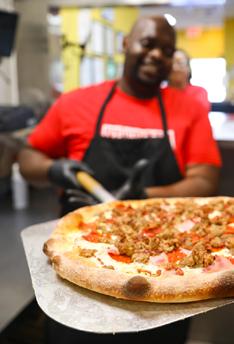





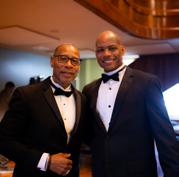
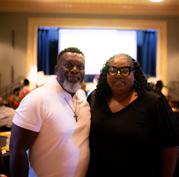


Awards
C LEGACY SHINES AT FIRST Soul LEWIS THE Food for your
Changing Channels International Ministries, under the leadership of Bishop Anderson Lewis, Jr. hosted its first Food for Your Soul Awards on July 5, celebrating a dozen restaurants making a community impact. Guided by the vision and generosity of the Lewis family, the evening honored individuals whose work uplifts and nourishes both body and spirit. Guests gathered for an inspiring program at the Mosaic Templars Cultural Center and witnessed heartfelt tributes all intertwined by a shared commitment to making a difference. Little Rock Mayor Frank Scott, Jr. also proclaimed July 5th as Changing Channels International Day.
Bishop Anderson Lewis Jr., Pastor of Changing Channels International Ministries & First Lady Kadijah Lewis
Bishop Anderson Lewis Jr. & Clendell Jones Sr., Assistant Pastor of Changing Channels International Ministries
Pastor Craig and Julunda Taylor, It’s Time To Eat
Fhen & Fred Jackson, So Good Restaurant
Dr. Physhuna Jones, Event Chairman & Phlecia Gillespie, Co-Chairman

COUNTRY WHEN COUNTRY WASN’T COOL
Photos courtesy of Mia Jones
Mia Jones never set out to work in country music. But looking back, it makes perfect sense. Raised in Louann, Arkansas, where blues, country, and gospel shaped the soundscape, Jones has always been rooted in music and culture. Now based in Nashville, Tennessee, she serves as Senior Director of Industry Relations and Inclusion at the Country Music Association (CMA).
Jones first connected with CMA through a consulting contract. When the position she now holds became available, colleagues encouraged her to apply. Today, she supports more than 8,000 professionals across CMA’s membership and champions artists who have long been on the margins.
Far from being performative, Jones’s work is personal, and her reach spans far beyond labels and playlists. Whether it’s showcasing artists of color at CMA Fest, curating game-changing industry events like Country Forward, or pushing open doors that were only cracked before, she is helping to widen the frame for what—and who—country music includes.
From Mickey Guyton to Breland to Beyoncé, Jones sees these artists’ success as proof that the genre is evolving. And it’s more than the stars; it’s also the fans who see themselves reflected and begin to feel at home in a space that once felt off-limits.
Through expanded membership, community engagement, and ongoing dialogue, Jones is helping CMA model what inclusion can look like across the industry.
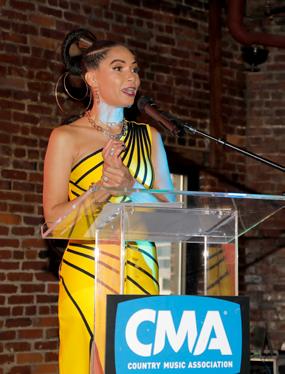

ARKANSAS HOLD’EM: 3 QUESTIONS FOR MIA JONES
WHAT ARTISTS ARE EXCITING YOU RIGHT NOW?
Recently, I attended a jam session curated by Origins Music Group featuring Pynk Beard and Ollie Gabriel. It sparked an excitement in me I didn’t realize I could feel! They were flat-foot jamming, and what struck me most was the diversity of the audience. While the majority were Black, the remaining 40 percent included people of all races and genders; everyone was dancing and having a fantastic time together. This experience gave me a glimpse of a future that feels much closer than I ever dared to hope.
WHAT ADVICE WOULD YOU GIVE YOUNG BLACK PROFESSIONALS LOOKING TO ENTER THE COUNTRY MUSIC INDUSTRY?
My advice is simple: start where you can! Apply for internships and explore programs like CMA EDU, our collegiate development program. Don’t disqualify yourself from opportunities. New voices, perspectives, and contributions are incredibly valuable. And pursue your passion with determination and confidence.
HOW DO YOU PERSONALLY DEFINE INCLUSION IN THIS SPACE?
To me, it’s about creating a sense of belonging. It’s one thing to be invited into a space; it’s another to feel like you’re meant to be there. My job is to help people feel seen, heard, and valued, no matter where they are in their journey.
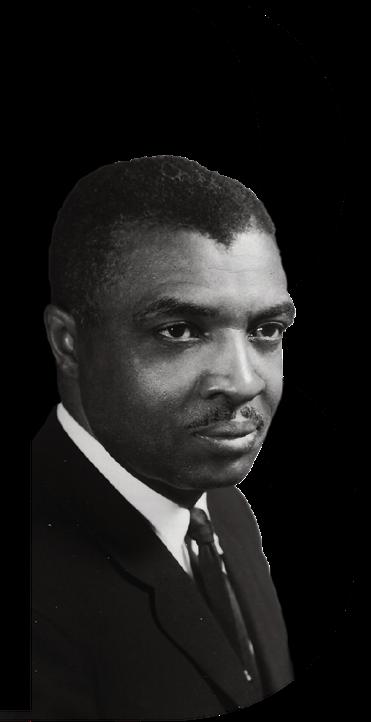
They say history is made by the bold. But we knew him first as “Daddy” an exuberant, determined man who believed deeply in faith, family, and fighting for what’s right, no matter the cost.
In 1946, our father, Rev. William Harry Bass, Sr., a Methodist minister and leader in the Christian Ministerial Alliance, became the chief executive of Little Rock’s Urban League. He stepped into that role because he believed our community deserved more — more access, more opportunity, more dignity. He poured himself into advocating for our people. It was
eauty lack
A Daughter’s and Son’s Reflection on a Father’s Courage by Bernice Bass Abner and William Harry Bass, III
our father who pushed for funding to build Gillam Park so that Black families in Little Rock could have a safe and beautiful place to gather. He championed the creation of the Dunbar Community Recreation Center, and he fought to improve conditions in our segregated schools, demanding better for Black children when others told us to be grateful for less.
But the world didn’t always reward justice. He was one of two Black ministers to drive the Little Rock Nine to Central High School in 1957. But what’s captured in too few historical accounts is what came after: the threats in person and over the phone to us, our friends, daddy’s church. We won’t ever forget the day the bank threatened it would pull the mortgage on our home. For his safety, the Methodist Church transferred his pastoral ministry to Wisconsin.
Daddy’s life was a protest, steady, principled, and unwavering. Through his ministry, leadership, and everyday acts of love and resistance, my father helped shape the Little Rock known today.
So, when you visit Gillam Park or walk into Dunbar Rec Center, know that you are standing on ground shaped by his vision and by his sacrifice. My father believed that all children deserved joy, all families deserved dignity, and that justice was worth the risk.
HE WAS OUR HERO BEFORE THE WORLD EVER KNEW HIS NAME.
Rev. William Harry Bass, Sr.
Publisher Stephanie Jackson is the daughter of Rev. William Harry Bass and the younger sister to Bernice and Harry.

